If your kitchen sink has suddenly stopped receiving water, the most common culprit is a clogged pipe. Over time, debris and other substances can build up in your pipes, causing a blockage that prevents water from flowing freely. This can happen in both the main water supply line and the smaller pipes that connect to your sink. One of the main causes of clogged pipes is pouring grease or oil down the drain. These substances can solidify and cling to the walls of your pipes, trapping food particles and other debris and creating a blockage. To avoid this issue, be sure to properly dispose of grease and oil in a separate container and dispose of it in the trash. If you suspect that your pipes are clogged, you can try using a plunger or a drain snake to clear the blockage. However, if the problem persists, it may be best to call a professional plumber to properly diagnose and fix the issue.1. Clogged Pipes
A broken faucet is another common cause of a stopped kitchen sink. If you turn on the faucet and no water comes out, it could be due to a broken or malfunctioning faucet. This can happen if the internal parts of the faucet become worn or damaged over time. To determine if your faucet is the issue, check to see if the handle is broken or if any of the parts inside the faucet are visibly damaged. If so, you may need to replace the faucet completely or just the damaged parts. Replacing a faucet can be a DIY project for those with some plumbing experience, but it's always best to call a professional if you're unsure or uncomfortable with the process.2. Broken Faucet
It may seem obvious, but sometimes the reason your kitchen sink has stopped receiving water is because the water supply has been shut off. This can happen if there is a plumbing emergency or if there is scheduled maintenance being done on your water supply. If you suspect that the water supply has been shut off, you can check with your water company or local government to see if there are any known issues or scheduled maintenance in your area. If not, you may need to contact a plumber to determine the cause of the shut off and get it turned back on.3. Water Supply Shut Off
Leaking pipes can also cause a stoppage in water flow to your kitchen sink. If you notice any water leaking from the pipes under your sink, it could be a sign of a larger issue. Leaking pipes can be caused by age, damage, or even freezing temperatures. In addition to causing a lack of water flow, leaking pipes can also lead to water damage and mold growth in your home. If you suspect that your pipes are leaking, it's important to have them repaired or replaced by a professional plumber as soon as possible.4. Leaking Pipes
The shut-off valve is an important component of your plumbing system that controls the flow of water to your kitchen sink. If this valve is faulty or damaged, it can prevent water from reaching your sink. This can happen if the valve is old, corroded, or has been accidentally closed. To check if your shut-off valve is the issue, locate it near your kitchen sink and make sure it is fully open. If it is closed, simply turn it counterclockwise to open it. If it is already open and water is still not reaching your sink, it may need to be replaced.5. Faulty Shut-Off Valve
If your kitchen sink is receiving very little or no water at all, it could be due to low water pressure. Low water pressure can be caused by a variety of factors, including clogged pipes, water leaks, or issues with the main water supply line. To determine the cause of low water pressure, you can check other faucets in your home to see if they are also experiencing low pressure. If so, it could indicate a problem with the main water supply line that will need to be addressed by a professional plumber.6. Low Water Pressure
In colder climates, frozen pipes can be a common issue that can cause a stoppage in water flow to your kitchen sink. When water freezes inside your pipes, it can expand and cause the pipes to burst or become blocked. This can prevent water from flowing through and reaching your sink. If you suspect that your pipes are frozen, you can try using a hairdryer or hot water to thaw them. However, it's important to be cautious and avoid using any open flames or excessive heat, as this can cause damage to your pipes. It's best to call a professional plumber to safely thaw your frozen pipes.7. Frozen Pipes
An airlock in your pipes can also cause a stoppage in water flow to your kitchen sink. This can happen if air gets trapped in your pipes, preventing water from flowing through. Airlocks can occur due to a variety of factors, such as a sudden change in water pressure or a leak in the main water supply line. To fix an airlock, you can try using a plunger or turning on multiple faucets in your home to release the trapped air. If this does not work, a professional plumber can help diagnose and fix the issue.8. Airlock in Pipes
If your home has a well system with a water pump, a malfunctioning pump can cause a stoppage in water flow to your kitchen sink. This can happen if the pump is old, damaged, or has a clogged filter. It can also occur if there is a power outage or an issue with the water supply line. To determine if your water pump is the issue, you can check the power supply and the pump's filter. If both of these seem to be working properly, you may need to call a professional plumber to diagnose and repair any other potential issues with the pump.9. Faulty Water Pump
If you have ruled out all other possible causes and your kitchen sink is still not receiving water, it could be due to a blocked water supply line. This can happen if there is debris or other objects blocking the main water supply line, preventing water from reaching your sink. Unfortunately, fixing a blocked water supply line can be a complex and time-consuming process that often requires the help of a professional plumber. They will be able to properly diagnose the cause of the blockage and use specialized tools to clear the line and restore water flow to your kitchen sink. In conclusion, there are many potential reasons why the water to your kitchen sink may have stopped. By understanding these common causes and knowing when to call a professional plumber, you can quickly and effectively address the issue and get your kitchen sink up and running again.10. Blocked Water Supply Line
How to Optimize Your House Design for a Functional and Stylish Kitchen

Don't Let a Stopped Kitchen Sink Slow You Down
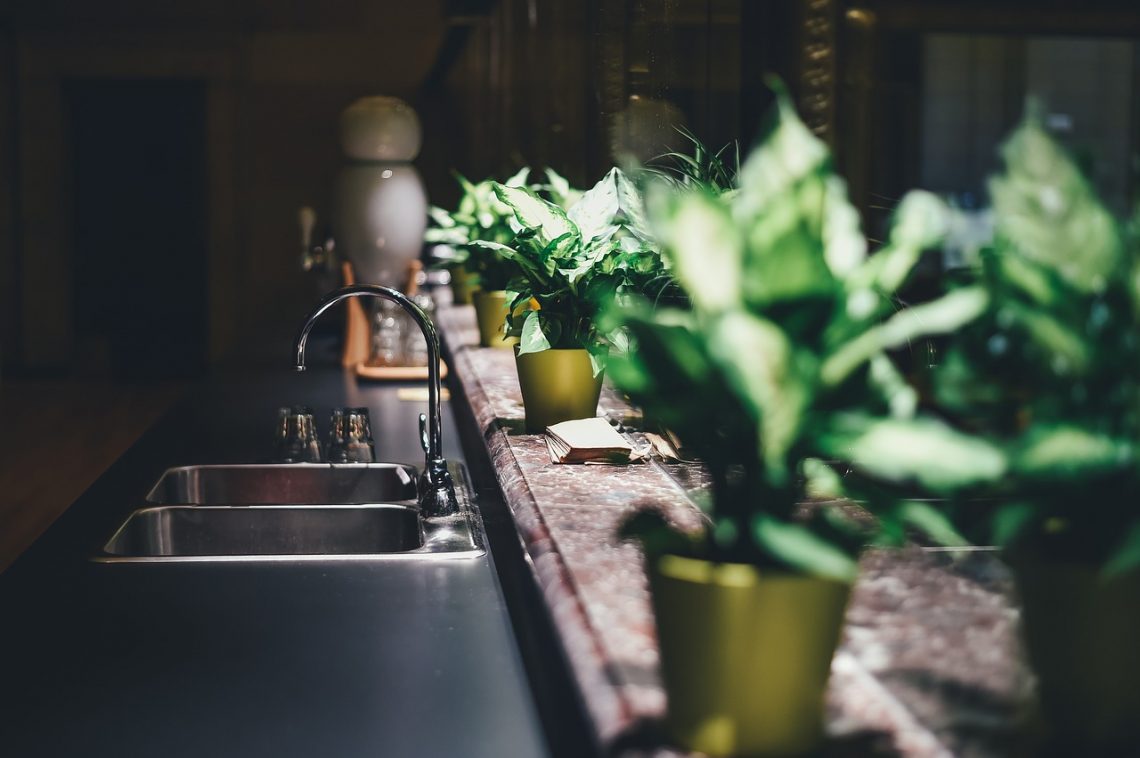 Water to kitchen sink stopped.
These are words that no homeowner wants to hear. Not only is it inconvenient, but it can also be a sign of a larger issue with your plumbing system. While it may be tempting to call a plumber and have them fix the problem, it's important to understand the root cause of the issue and how it can be prevented in the future.
The first step in optimizing your house design for a functional and stylish kitchen is understanding the layout of your plumbing system. If your kitchen sink is constantly clogging or the water flow is inconsistent, it could be due to a poorly designed plumbing layout. Make sure your pipes are properly sized and connected to avoid any potential blockages.
Another common cause of a stopped kitchen sink is a faulty garbage disposal. This can be caused by putting the wrong types of food down the disposal or not properly maintaining it. To prevent this issue, be sure to dispose of food scraps in the trash and regularly clean and maintain your garbage disposal.
In addition to the plumbing layout and garbage disposal, it's important to consider the type of sink and faucet you have in your kitchen. A deep sink with a high-arc faucet can make it easier to wash larger pots and pans, while a pull-out spray faucet can make cleaning up a breeze. Choose a sink and faucet that not only fits your design aesthetic but also makes your daily kitchen tasks more efficient.
Aside from functionality, the design of your kitchen is also crucial in creating a space that is both stylish and practical. Consider incorporating natural elements, such as wood or stone, into your kitchen design to add warmth and texture. Use bold and bright colors to make a statement or opt for a neutral color palette for a more timeless look.
Water to kitchen sink stopped
can be a frustrating issue, but it can also serve as a reminder to evaluate your house design and make any necessary changes. By understanding the layout of your plumbing system, properly maintaining your garbage disposal, and choosing functional and stylish fixtures, you can create a kitchen that is not only visually appealing but also highly functional. Don't let a stopped kitchen sink slow you down, instead use it as an opportunity to enhance your house design and create the kitchen of your dreams.
Water to kitchen sink stopped.
These are words that no homeowner wants to hear. Not only is it inconvenient, but it can also be a sign of a larger issue with your plumbing system. While it may be tempting to call a plumber and have them fix the problem, it's important to understand the root cause of the issue and how it can be prevented in the future.
The first step in optimizing your house design for a functional and stylish kitchen is understanding the layout of your plumbing system. If your kitchen sink is constantly clogging or the water flow is inconsistent, it could be due to a poorly designed plumbing layout. Make sure your pipes are properly sized and connected to avoid any potential blockages.
Another common cause of a stopped kitchen sink is a faulty garbage disposal. This can be caused by putting the wrong types of food down the disposal or not properly maintaining it. To prevent this issue, be sure to dispose of food scraps in the trash and regularly clean and maintain your garbage disposal.
In addition to the plumbing layout and garbage disposal, it's important to consider the type of sink and faucet you have in your kitchen. A deep sink with a high-arc faucet can make it easier to wash larger pots and pans, while a pull-out spray faucet can make cleaning up a breeze. Choose a sink and faucet that not only fits your design aesthetic but also makes your daily kitchen tasks more efficient.
Aside from functionality, the design of your kitchen is also crucial in creating a space that is both stylish and practical. Consider incorporating natural elements, such as wood or stone, into your kitchen design to add warmth and texture. Use bold and bright colors to make a statement or opt for a neutral color palette for a more timeless look.
Water to kitchen sink stopped
can be a frustrating issue, but it can also serve as a reminder to evaluate your house design and make any necessary changes. By understanding the layout of your plumbing system, properly maintaining your garbage disposal, and choosing functional and stylish fixtures, you can create a kitchen that is not only visually appealing but also highly functional. Don't let a stopped kitchen sink slow you down, instead use it as an opportunity to enhance your house design and create the kitchen of your dreams.



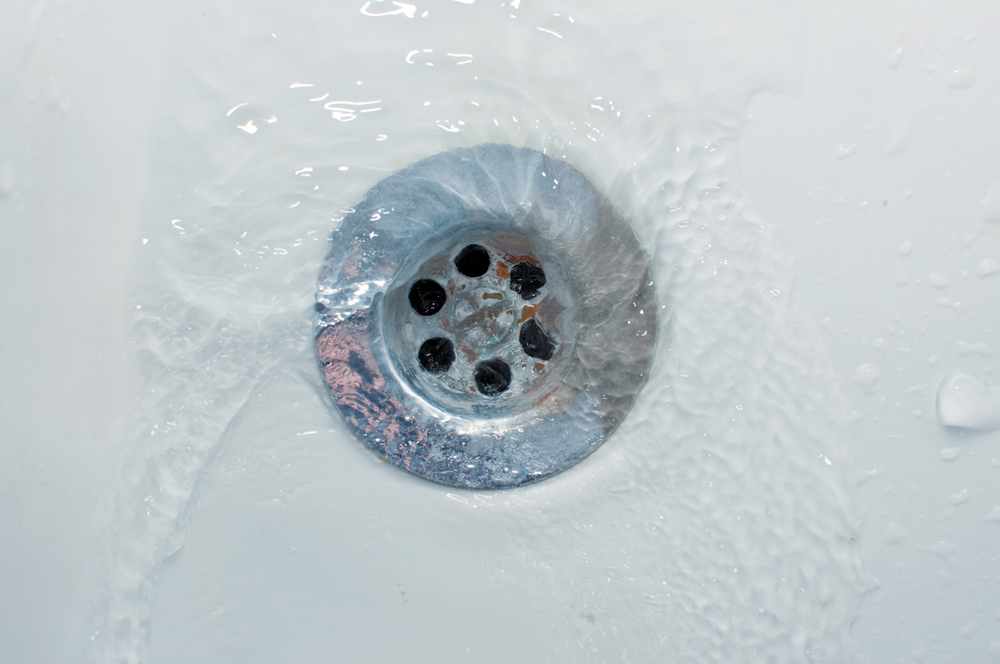







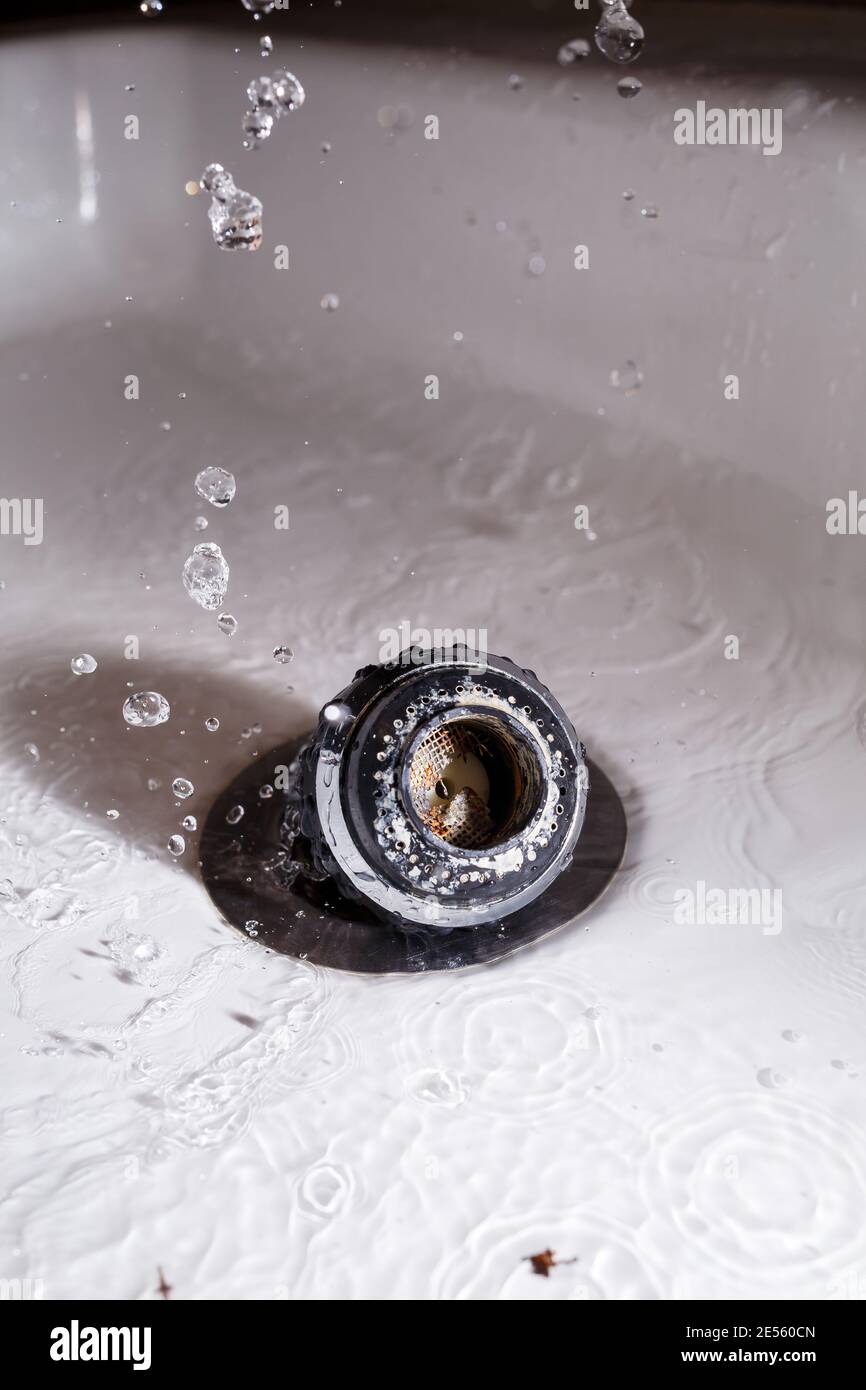

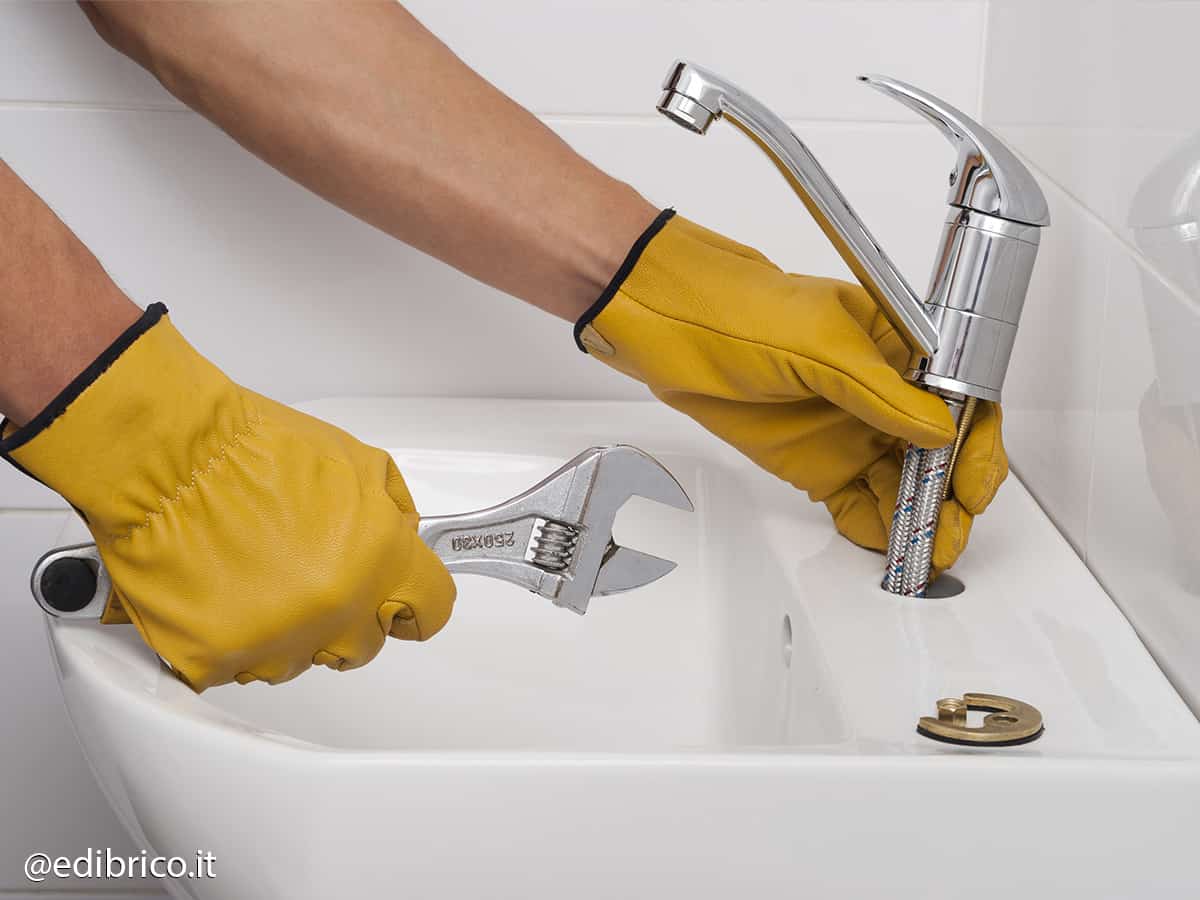
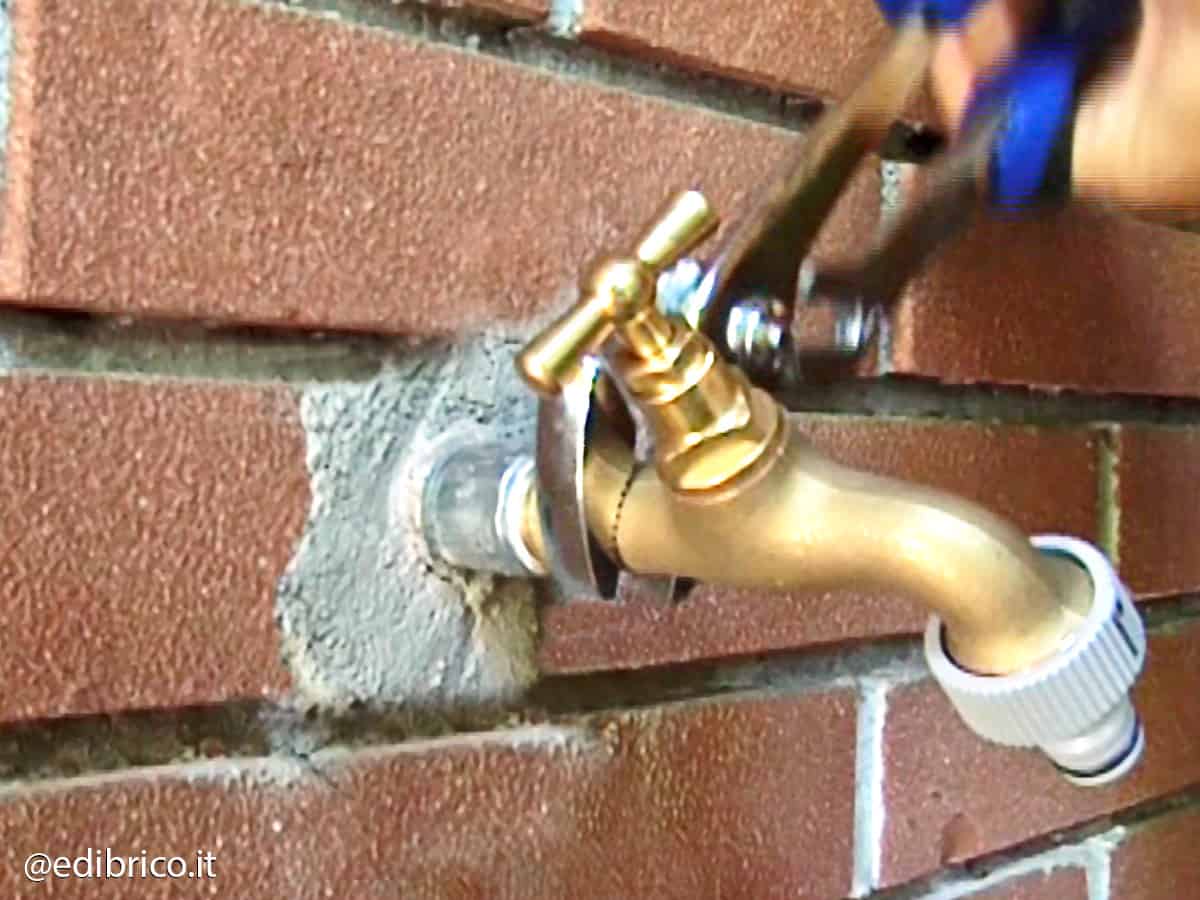



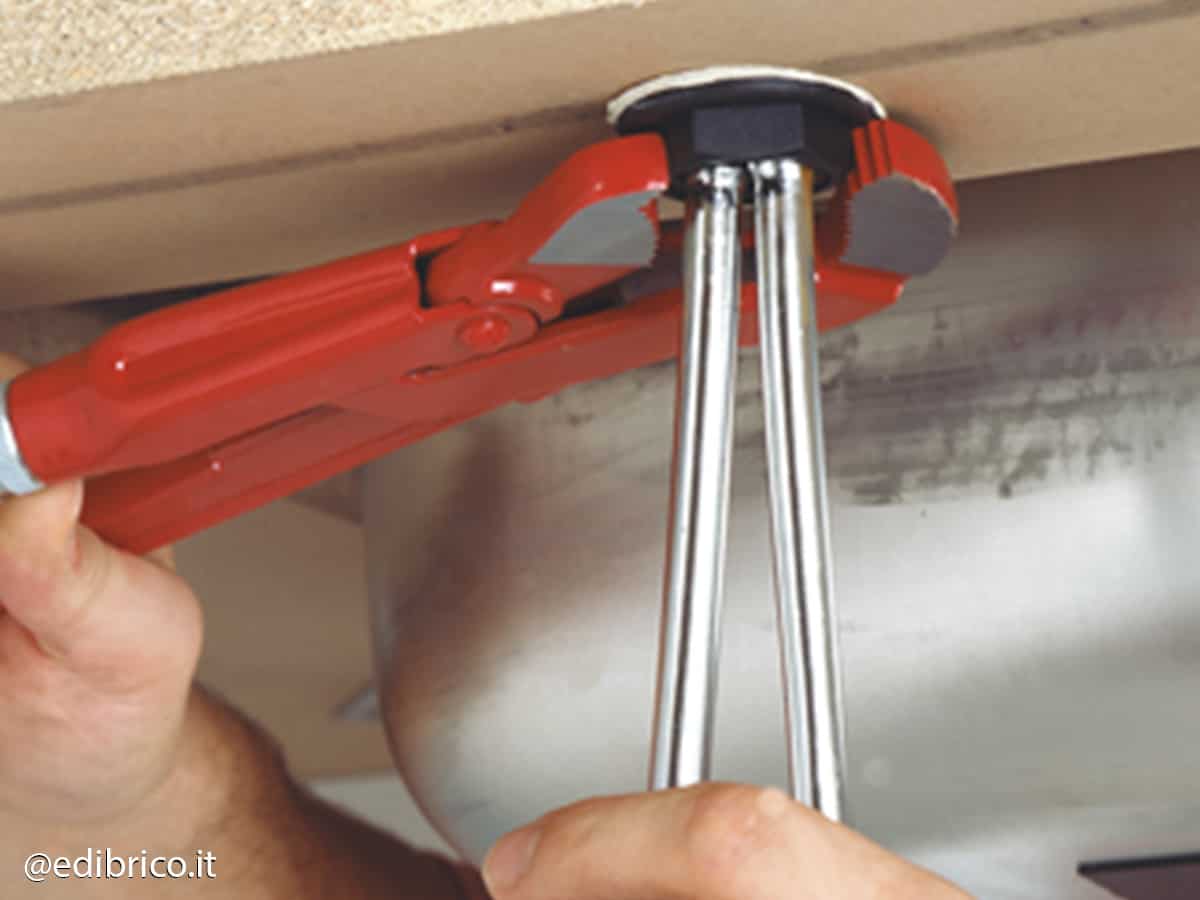


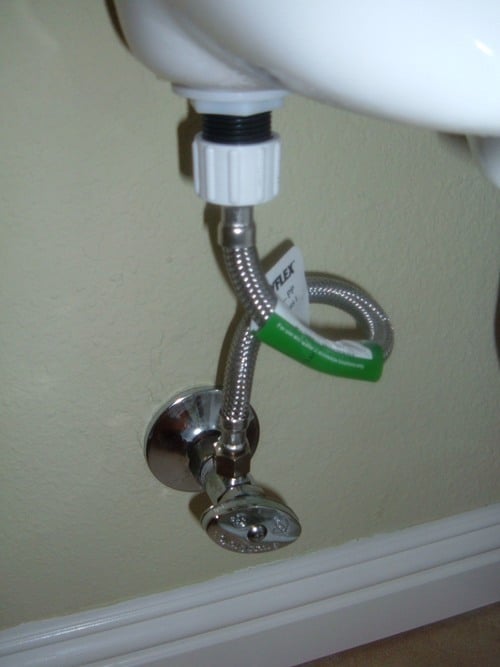

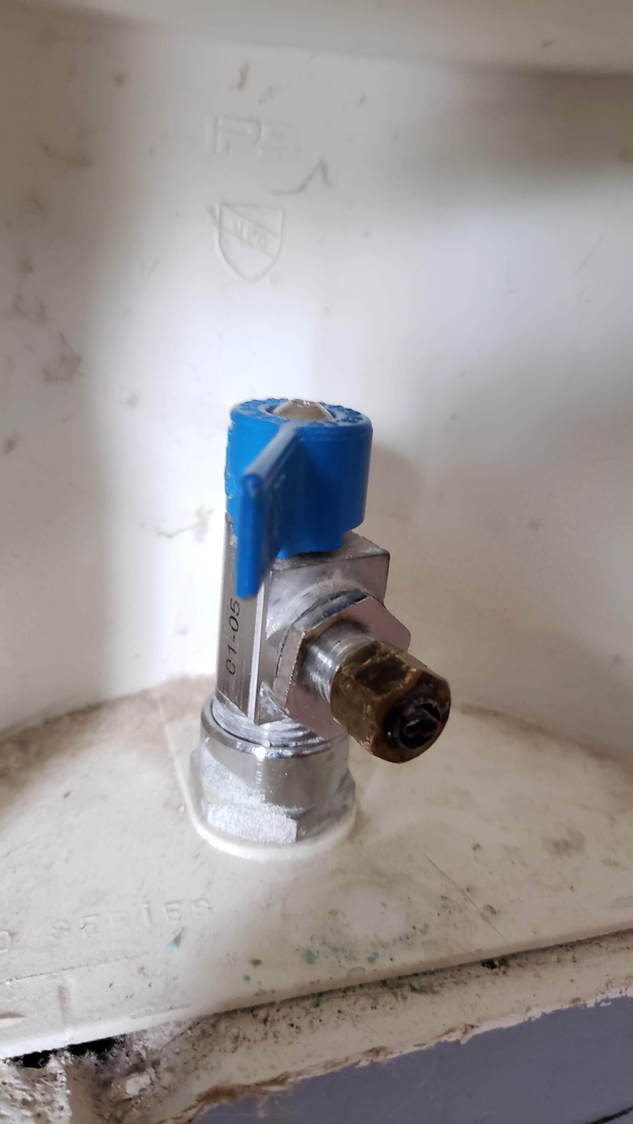
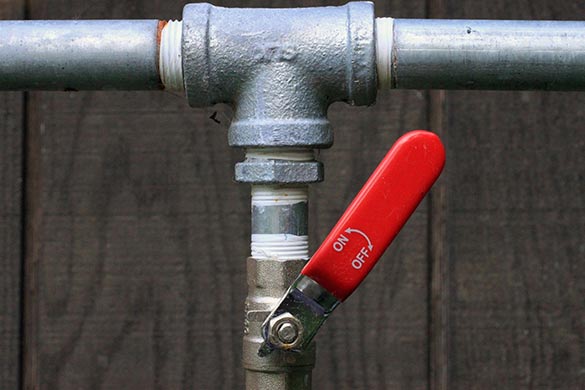
:max_bytes(150000):strip_icc()/how-to-replace-a-main-water-shutoff-valve-5194137-hero-81d052b6de0a4f9e85bfbf539bc8b11b.jpg)
/human-hand-turn-off-shut-off-valve-home-water-supply--825171248-f1141ec757064532ac5aafd93efbf189.jpg)

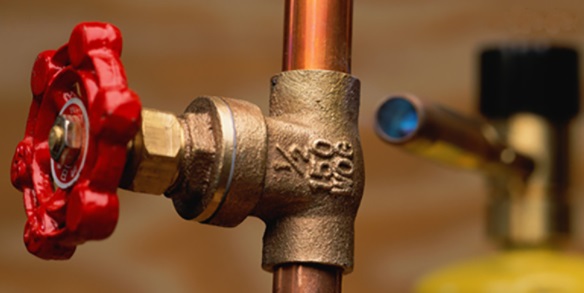

:max_bytes(150000):strip_icc()/GettyImages-1057621140-78ab2e946841421d9a7efeebe02935d2.jpg)
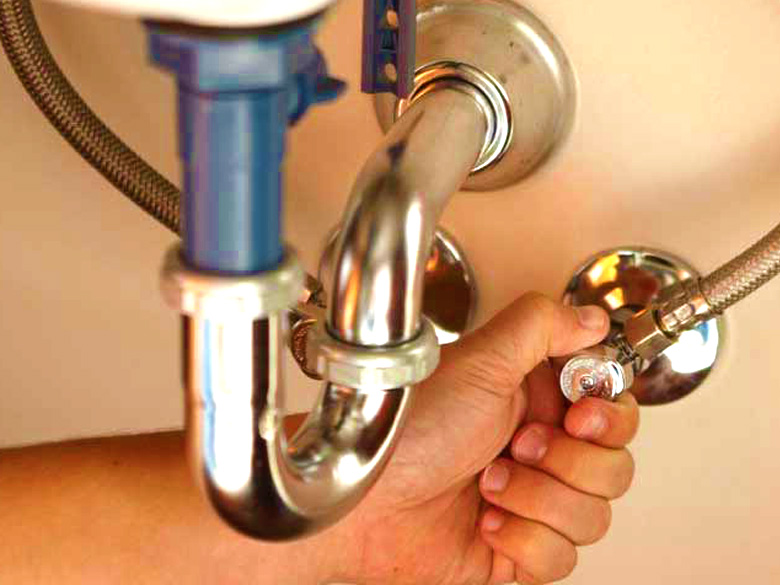
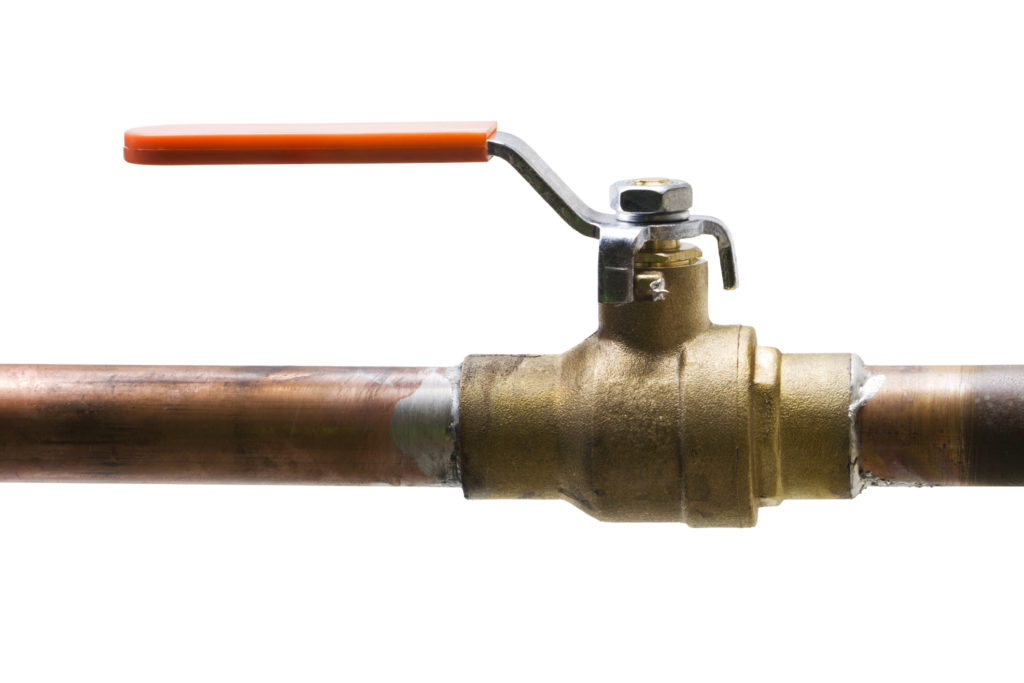


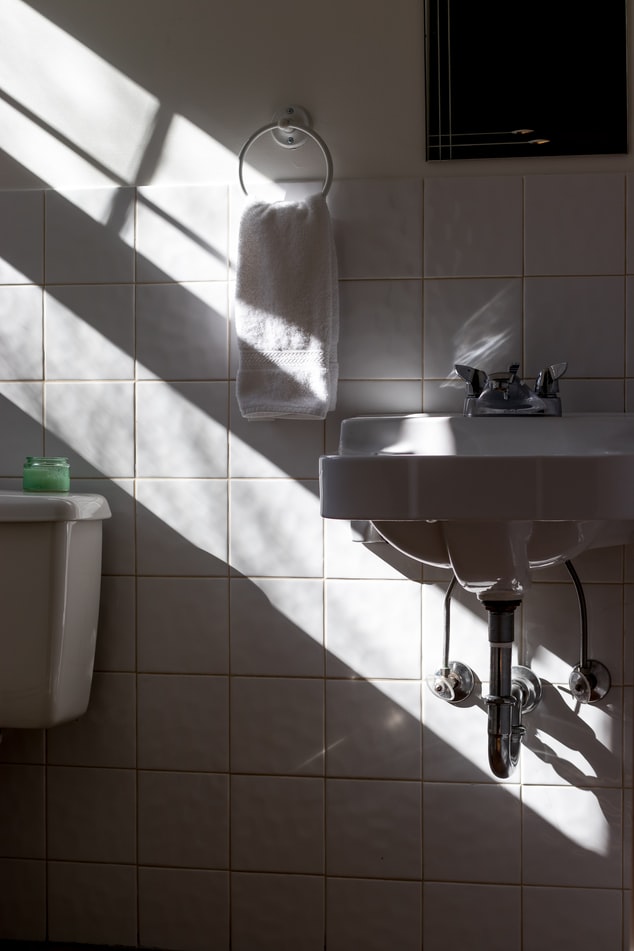


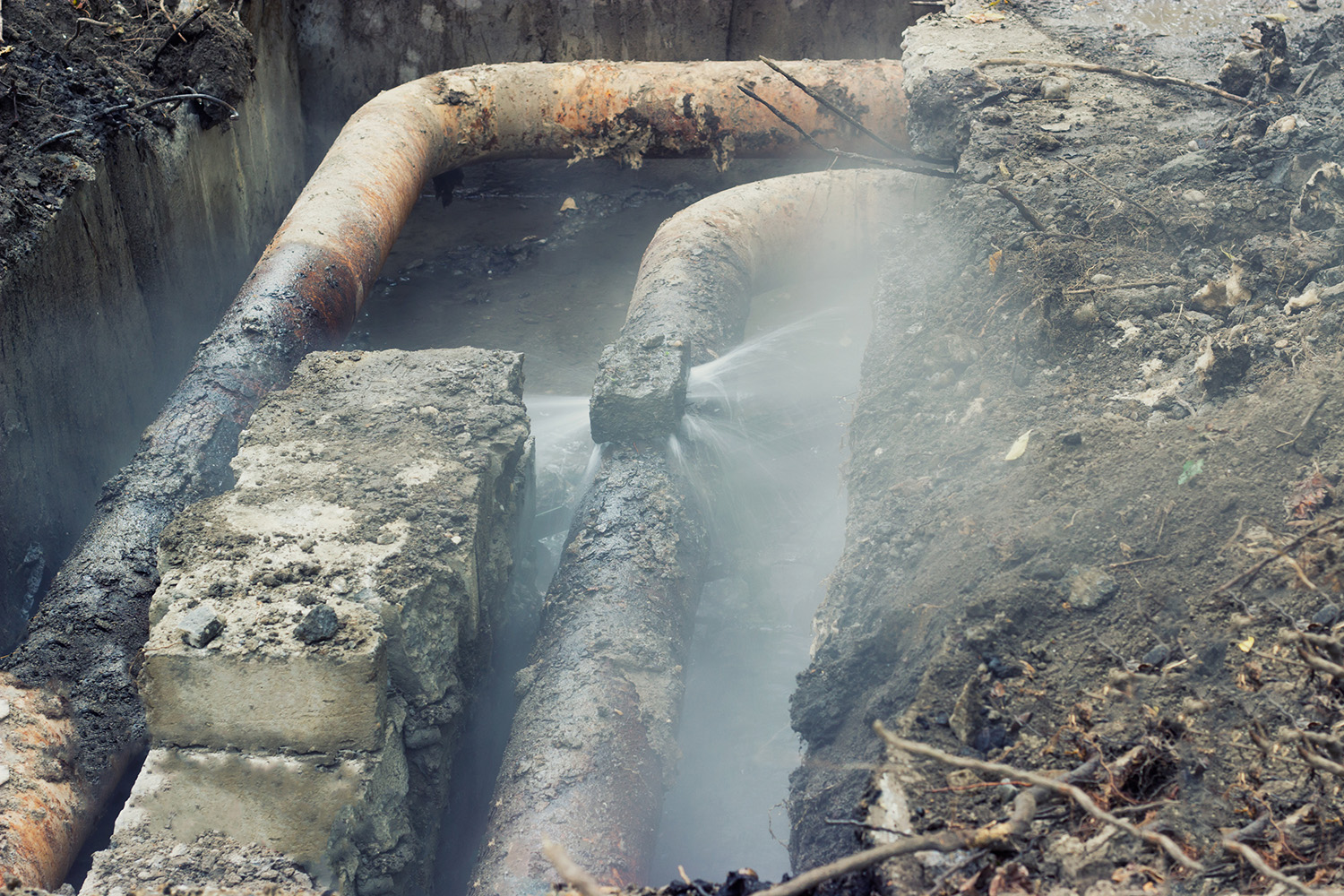
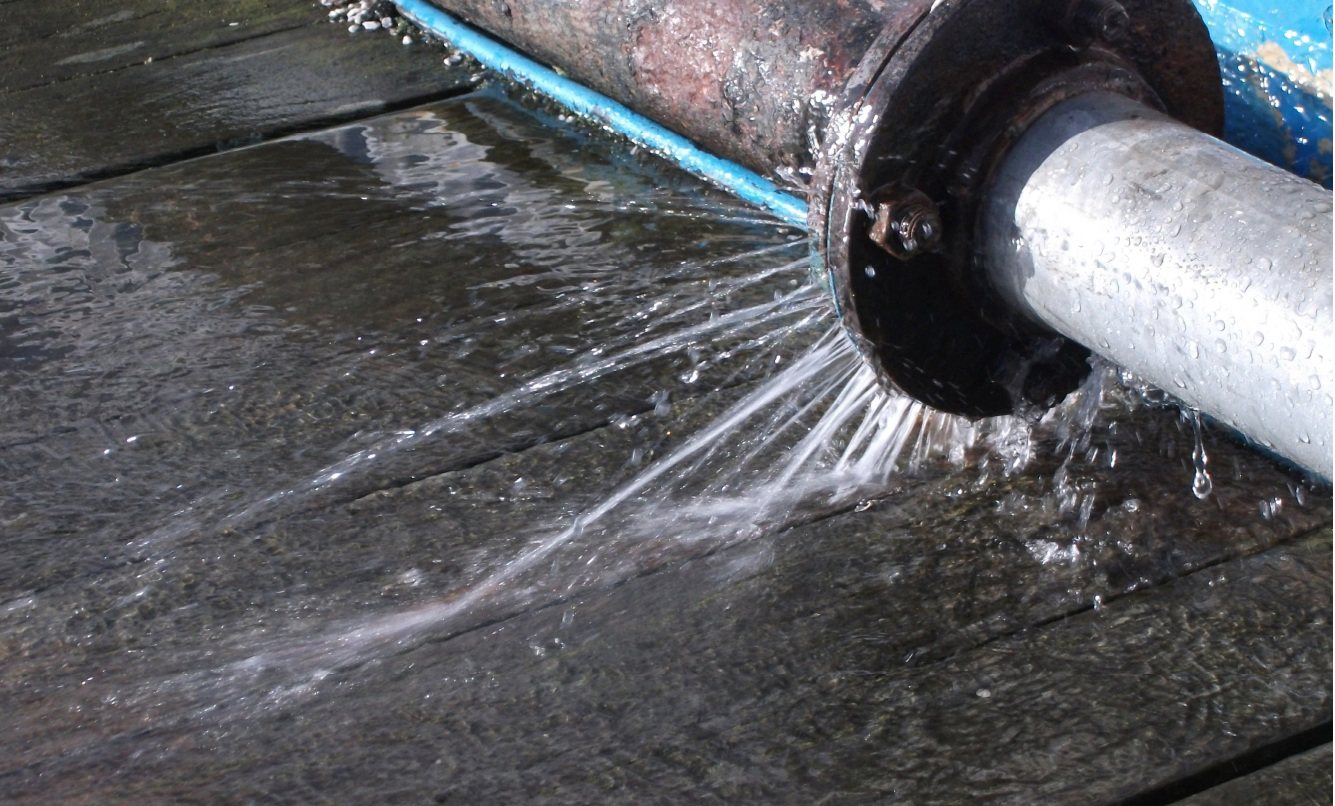

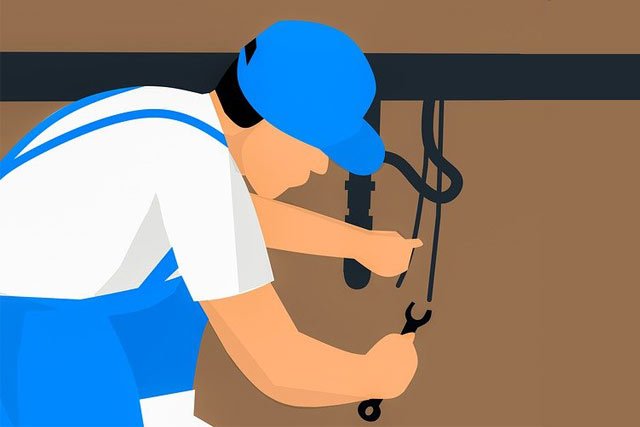

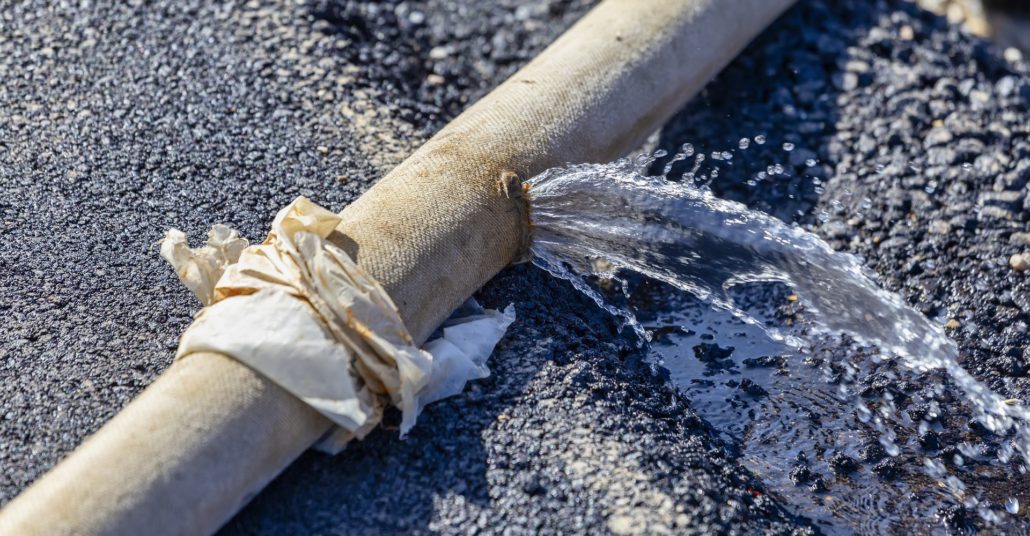
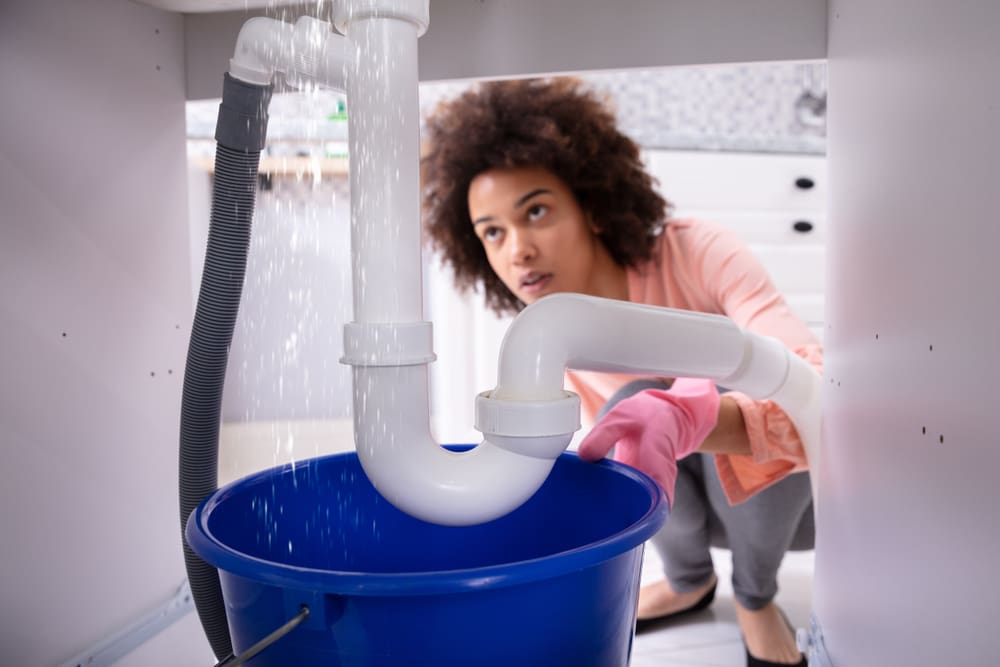
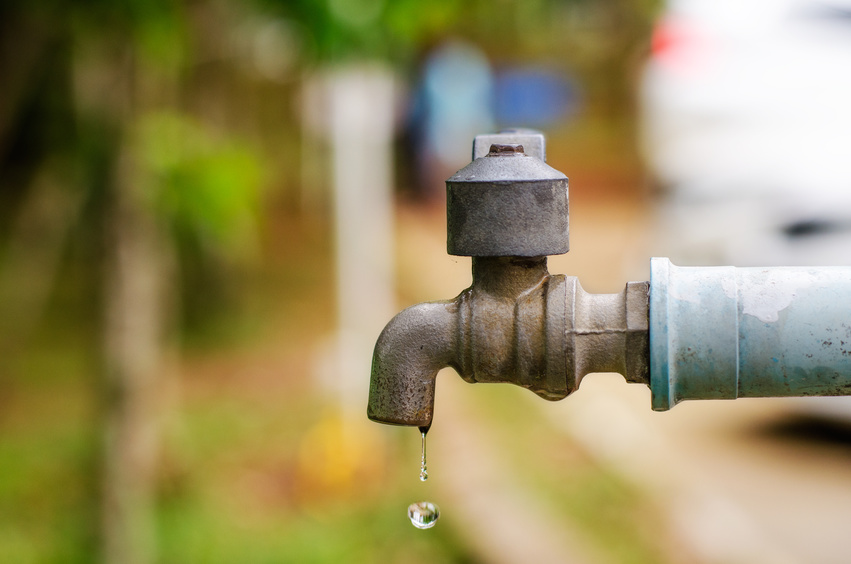

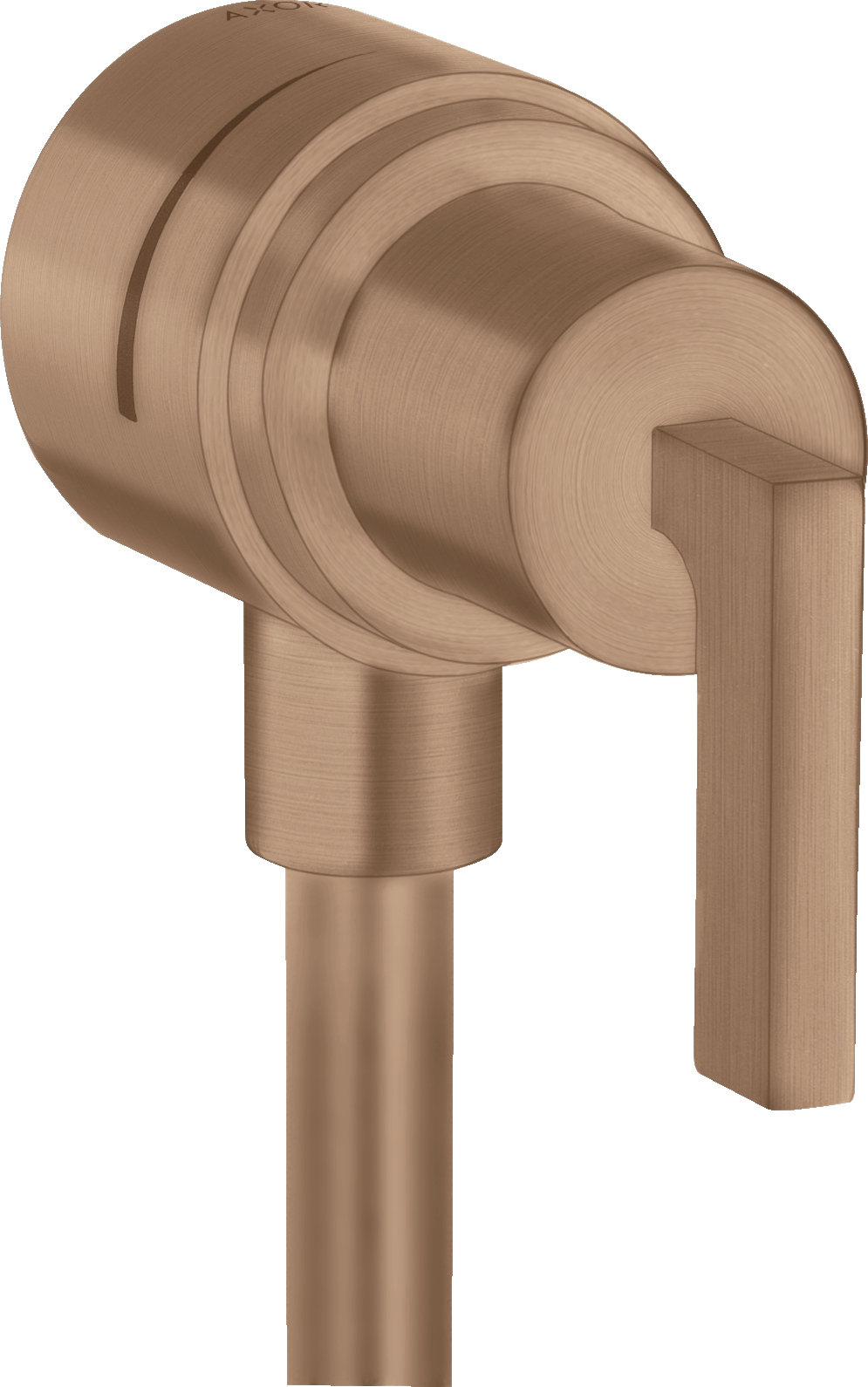

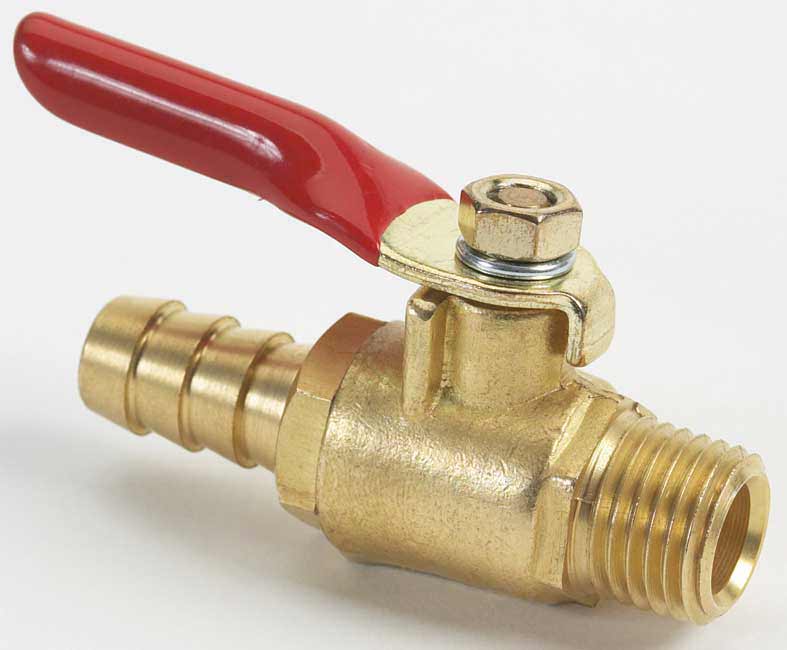

:max_bytes(150000):strip_icc()/water-shut-off-valve-types-2718739-01-b1e2d725b53447a2abc9ac511f7e5da7.jpg)

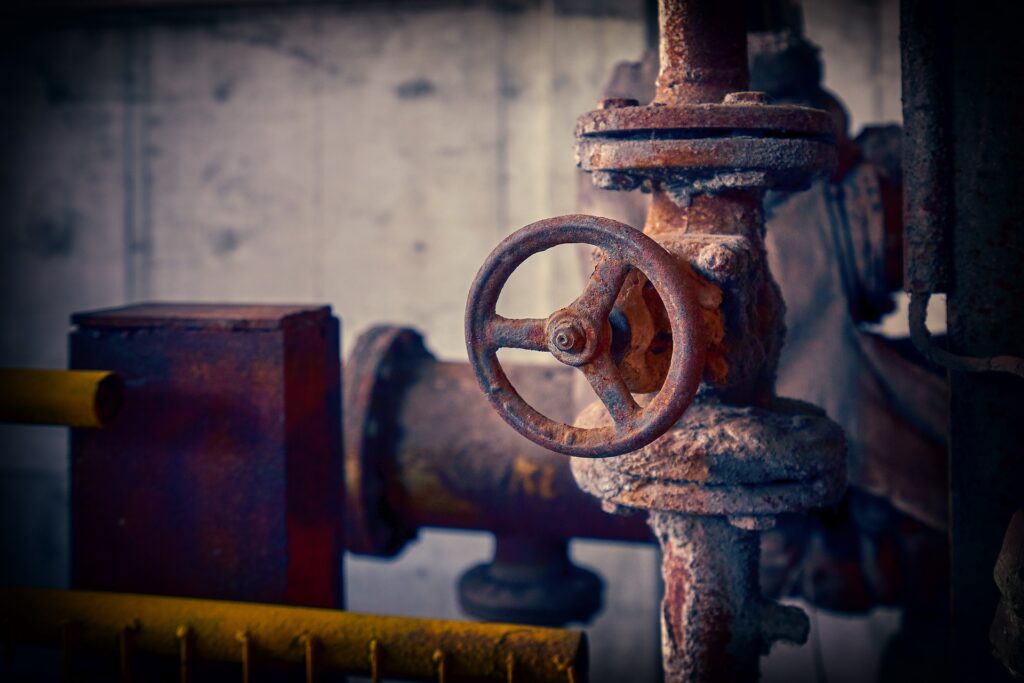
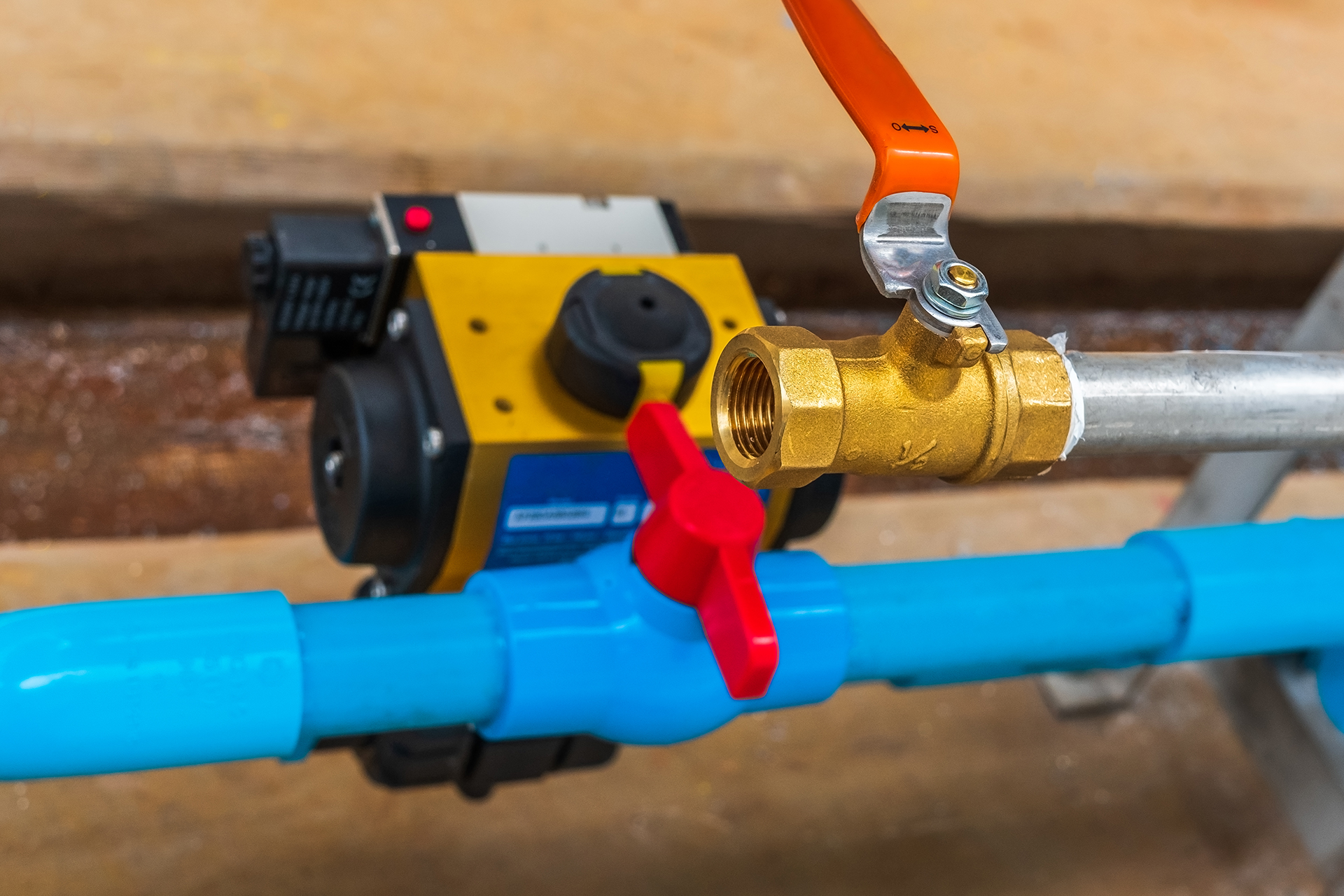
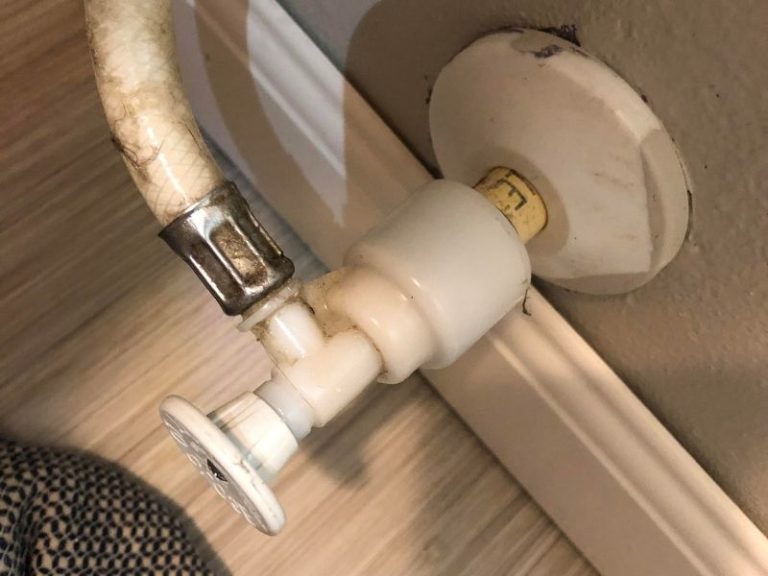


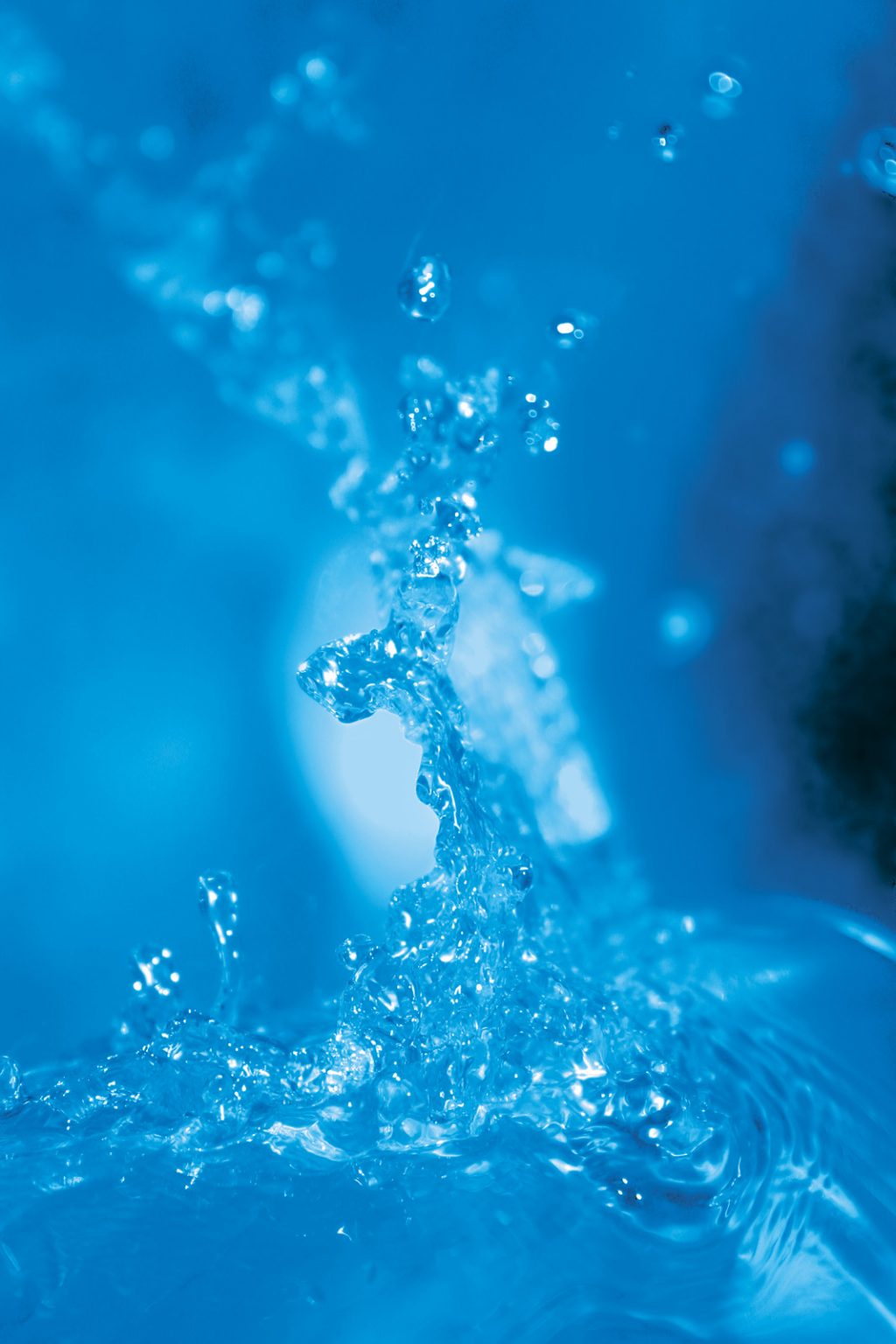



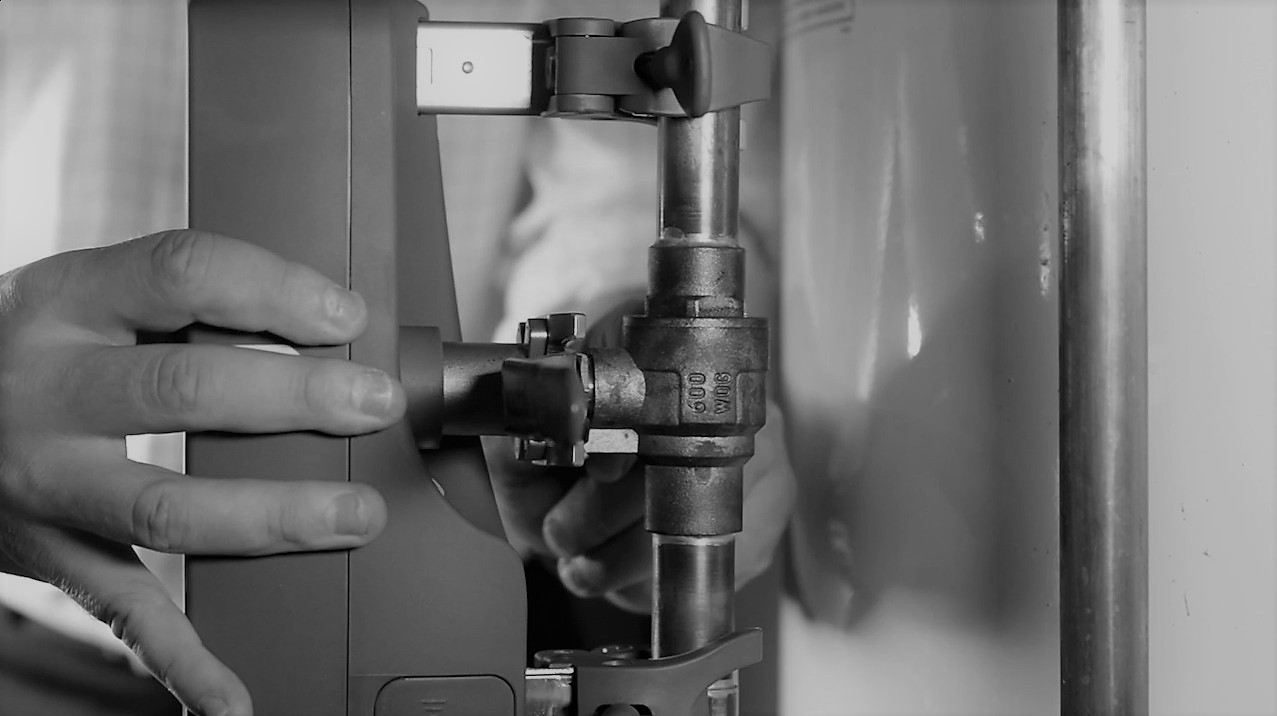
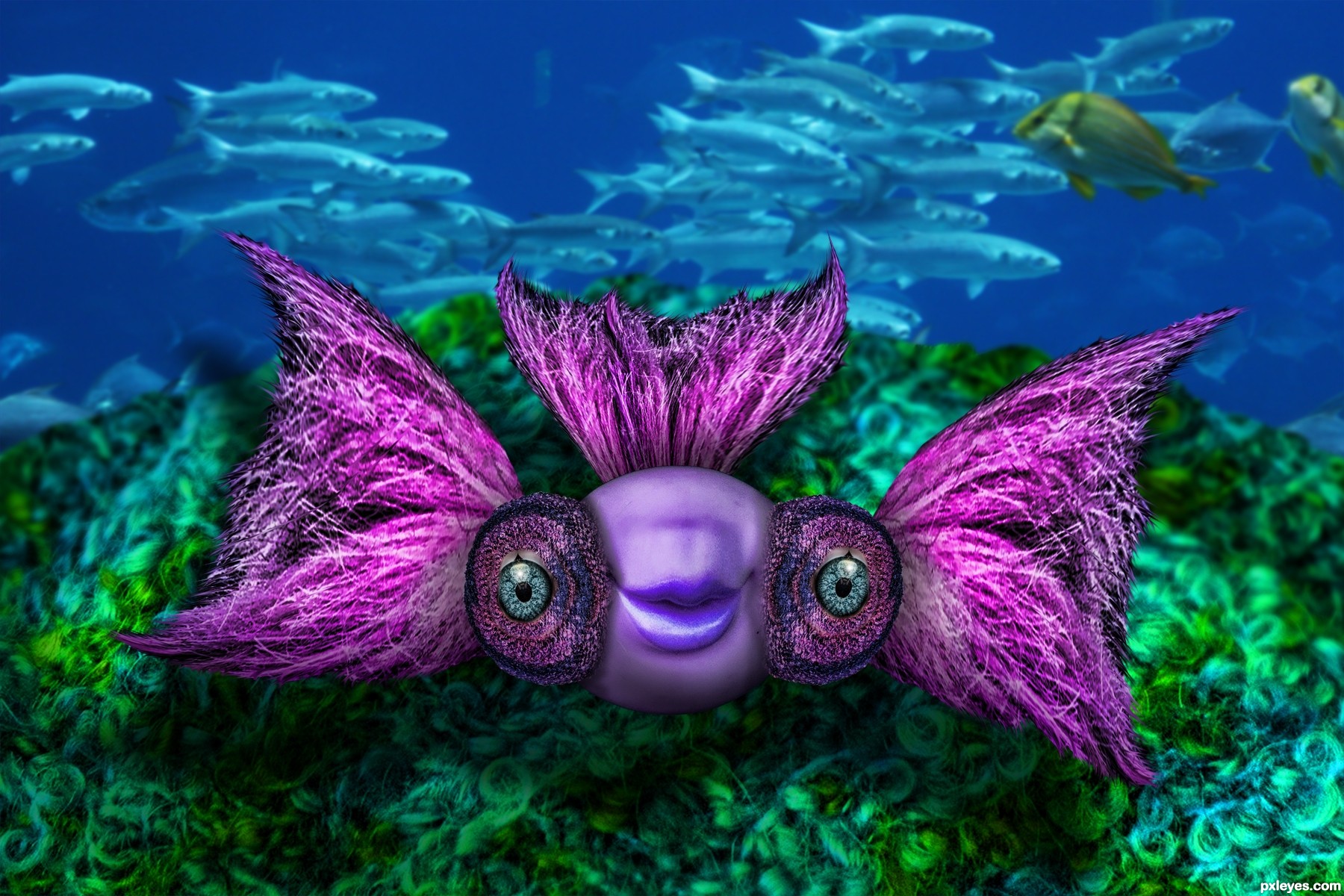

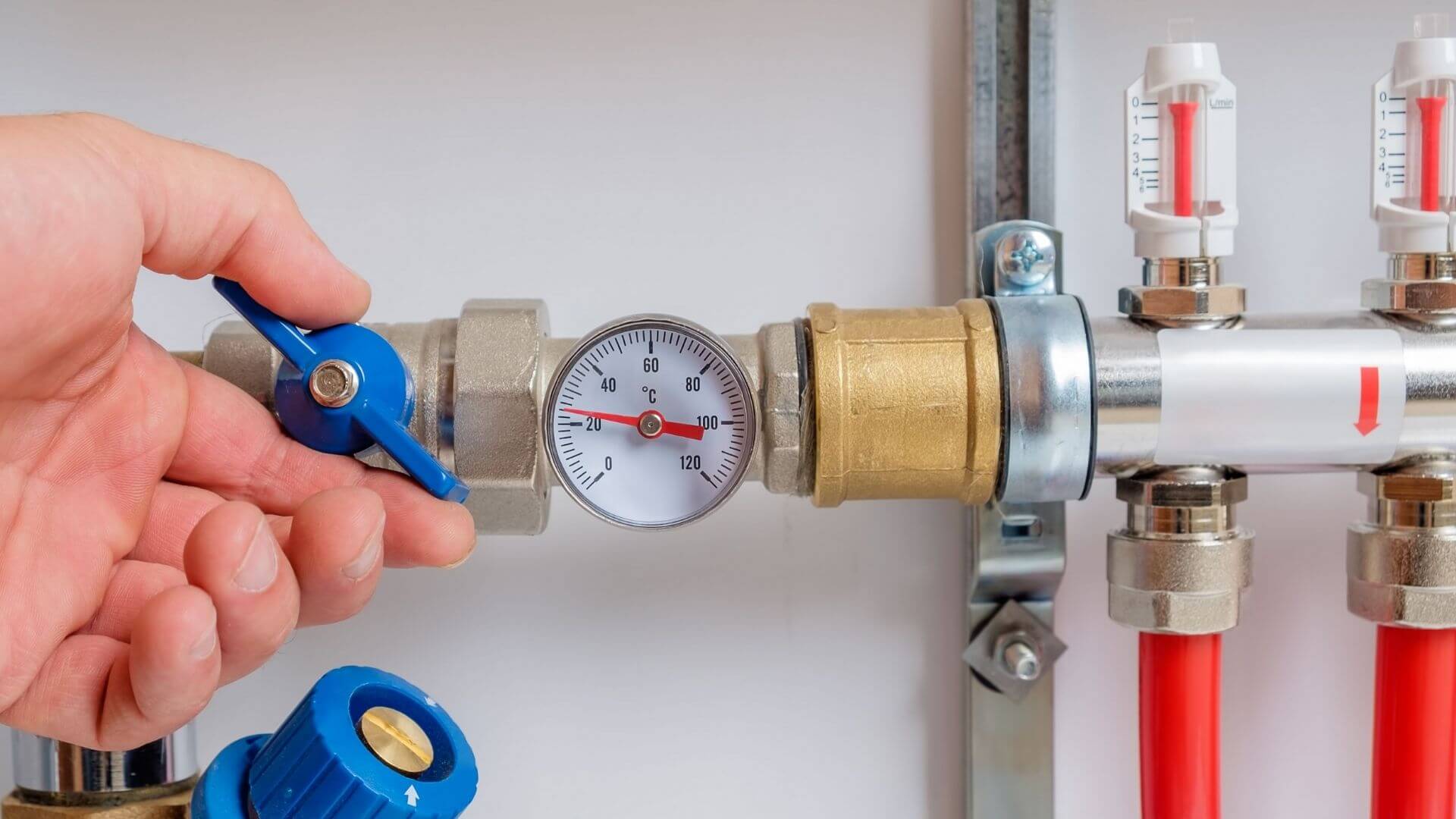


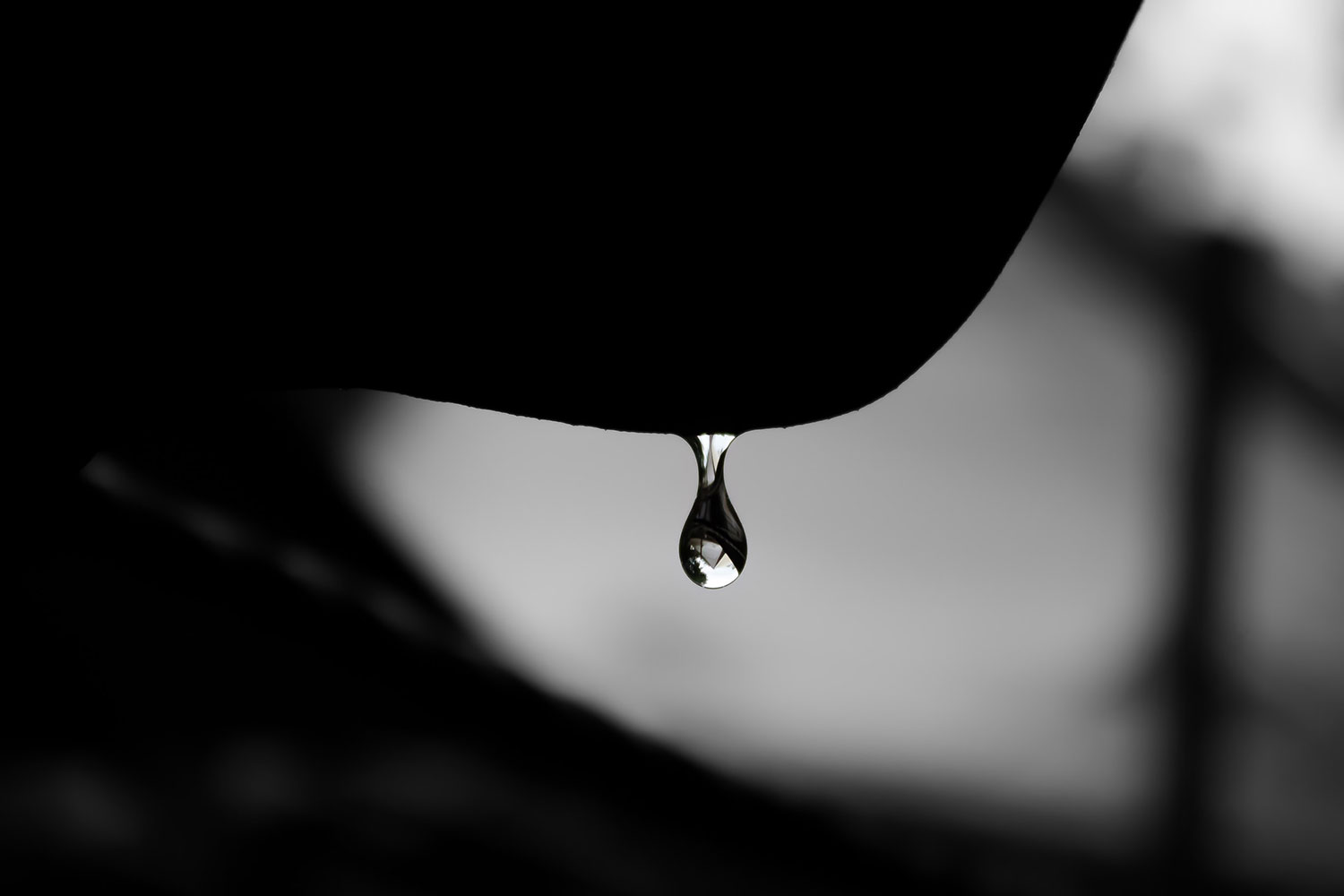

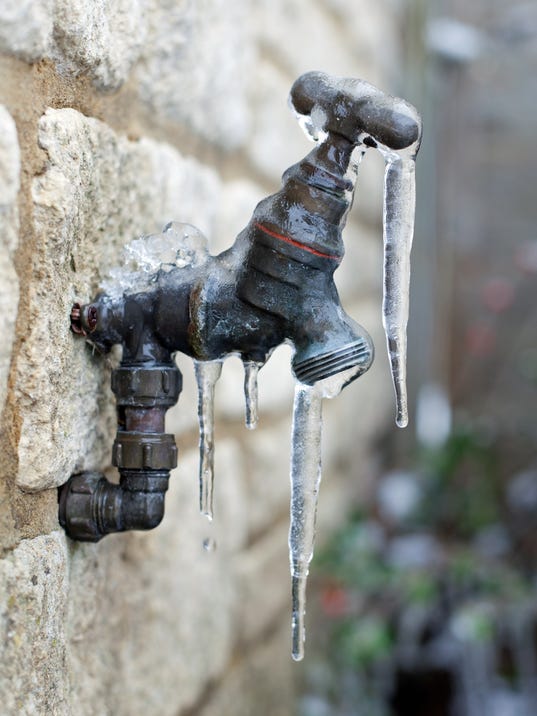


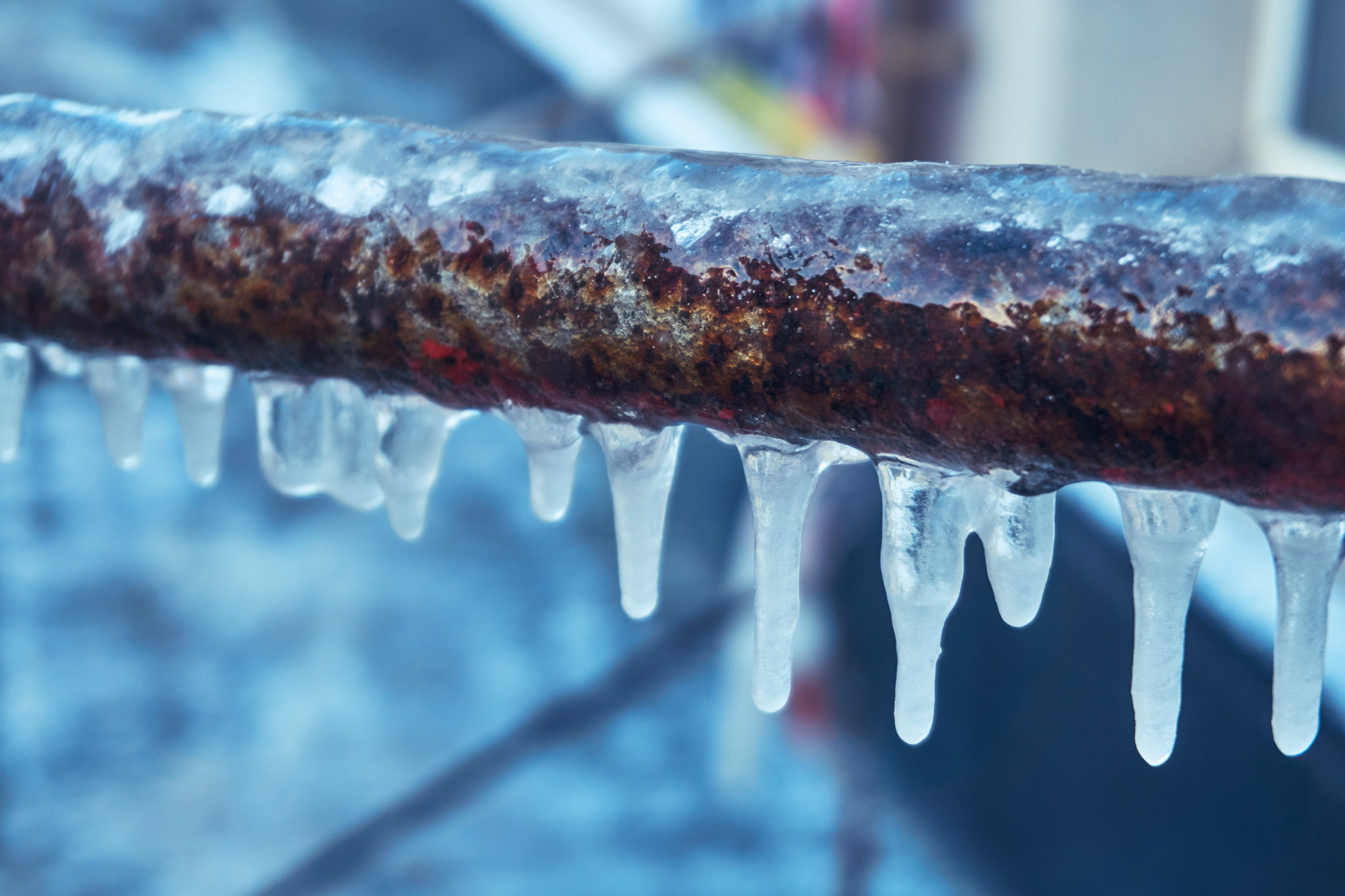
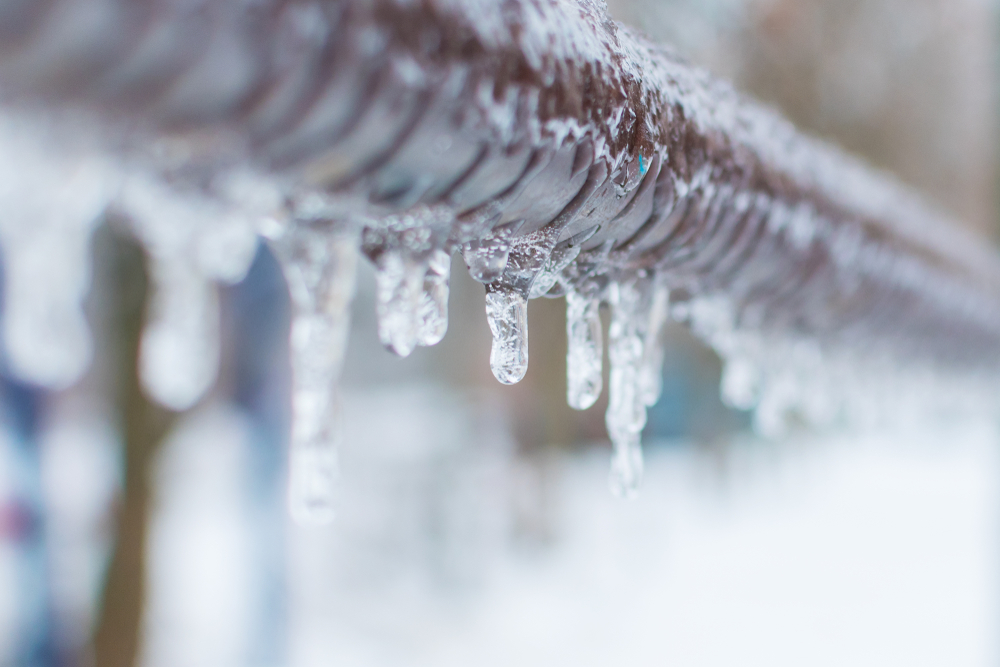








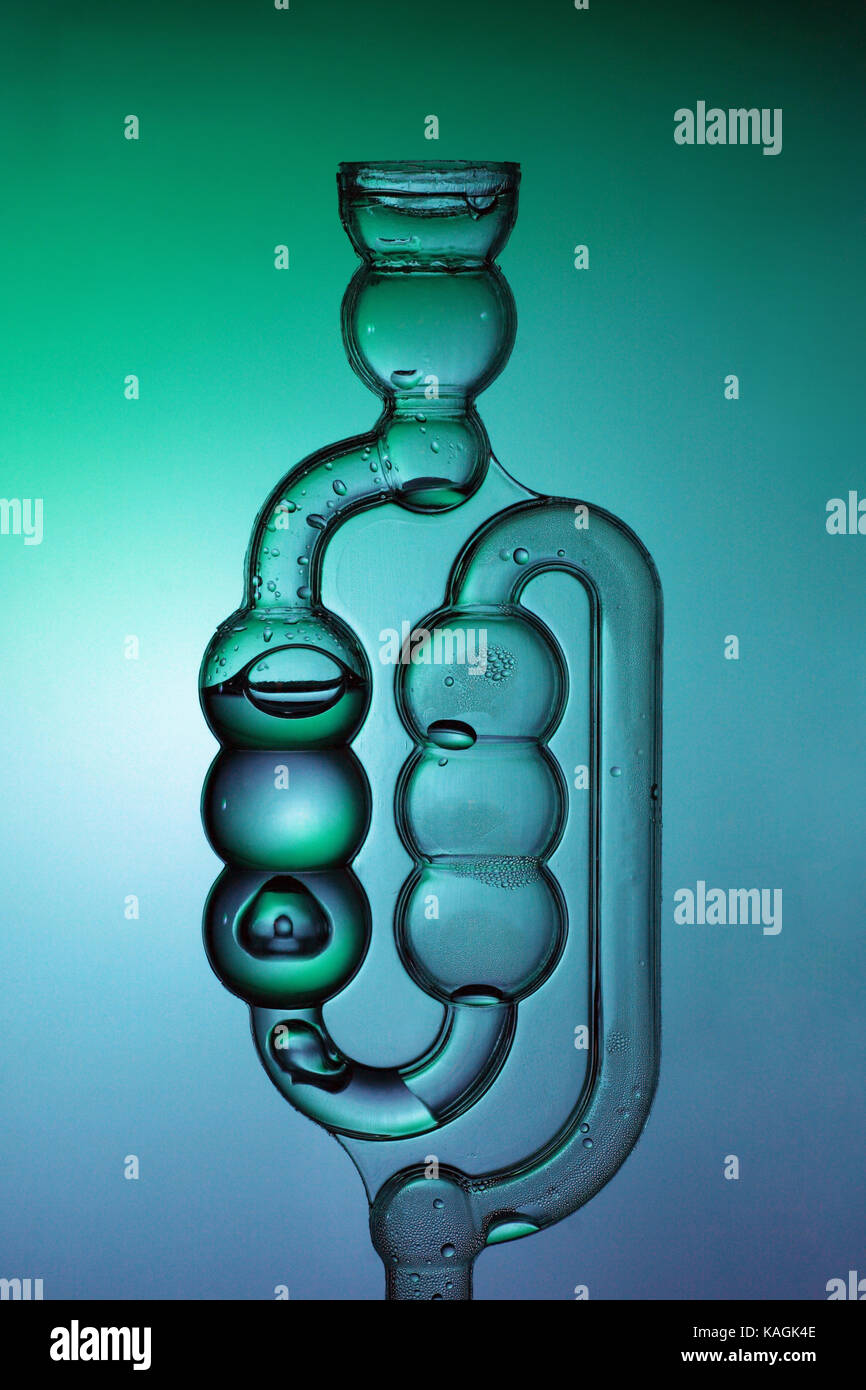



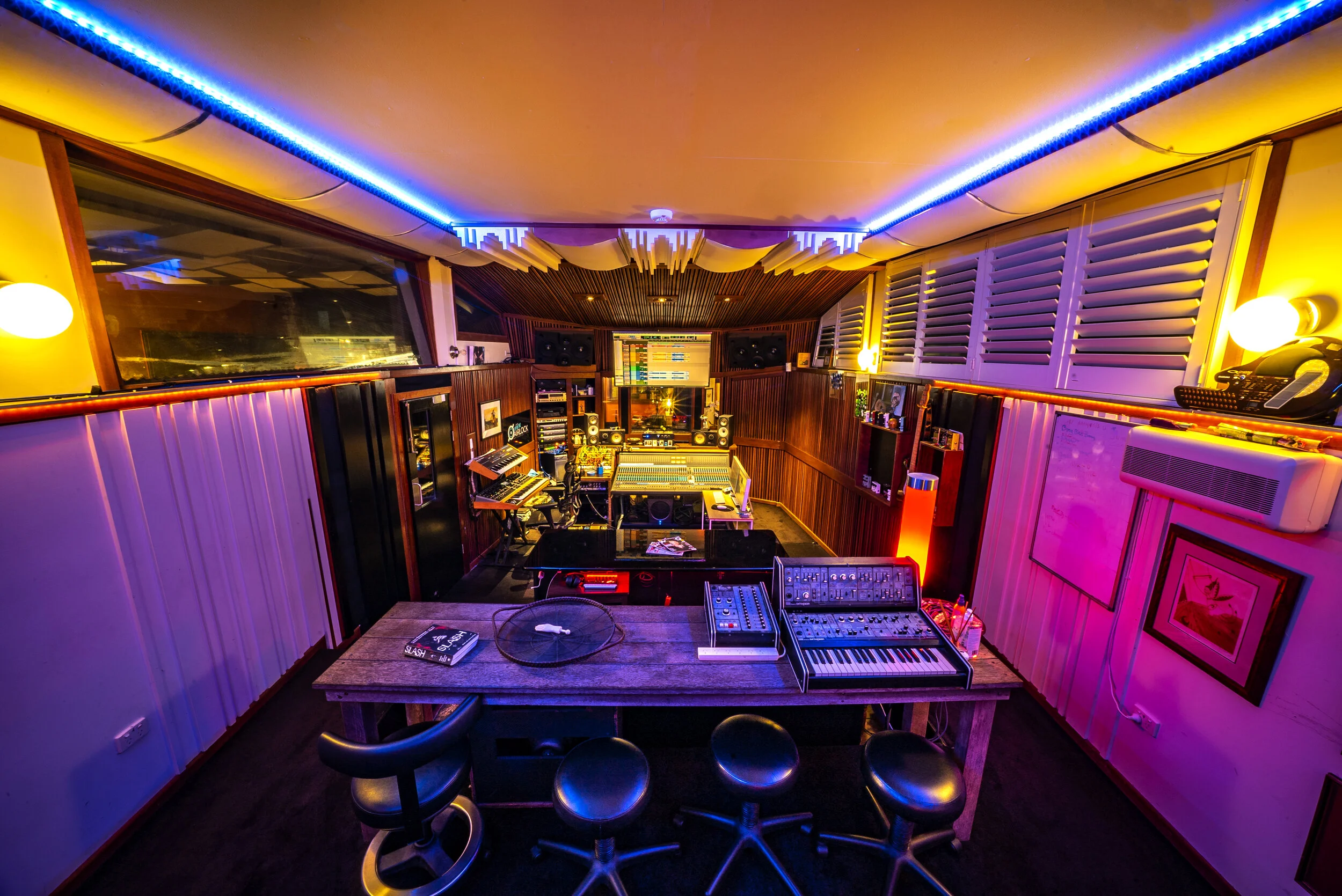




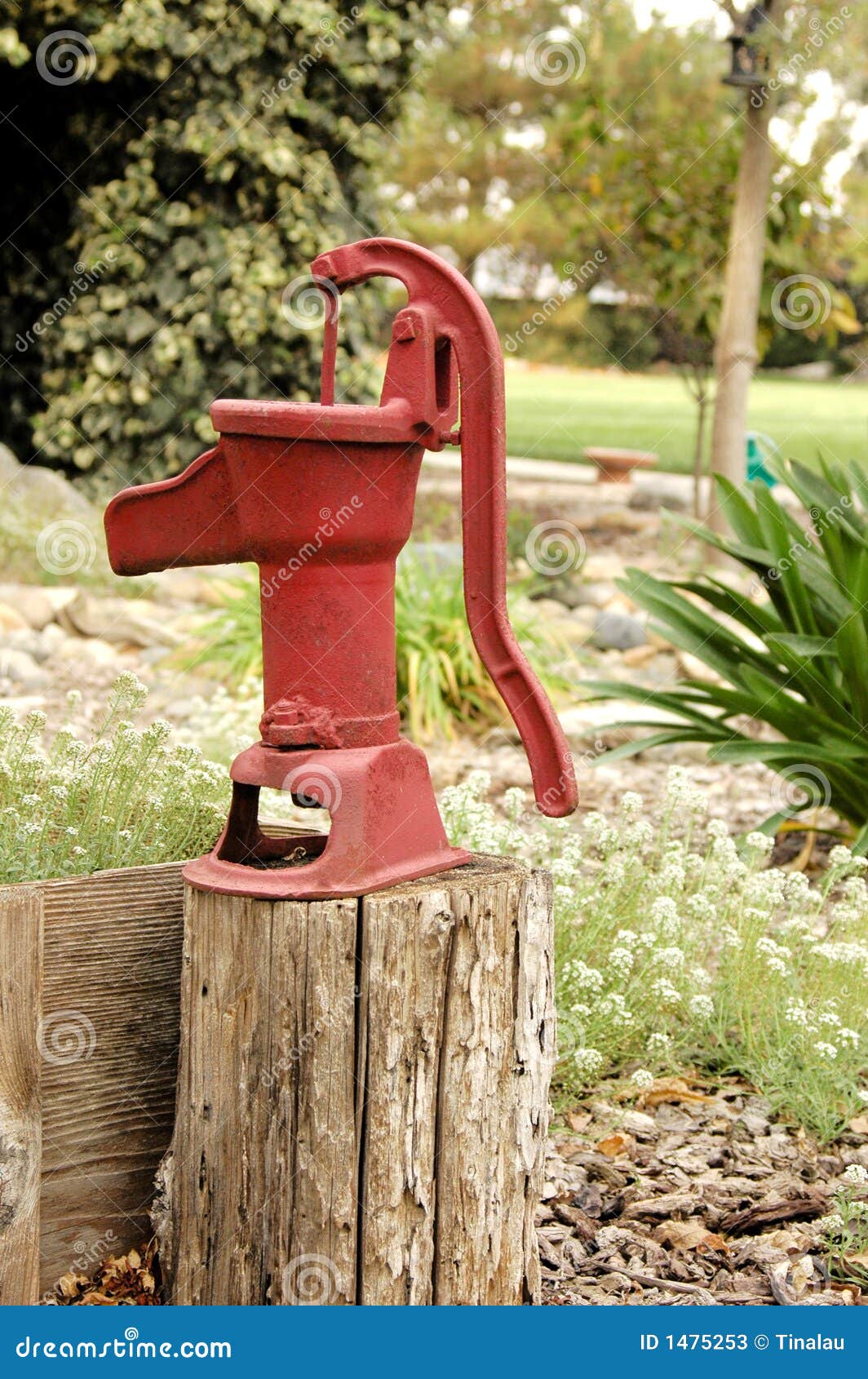


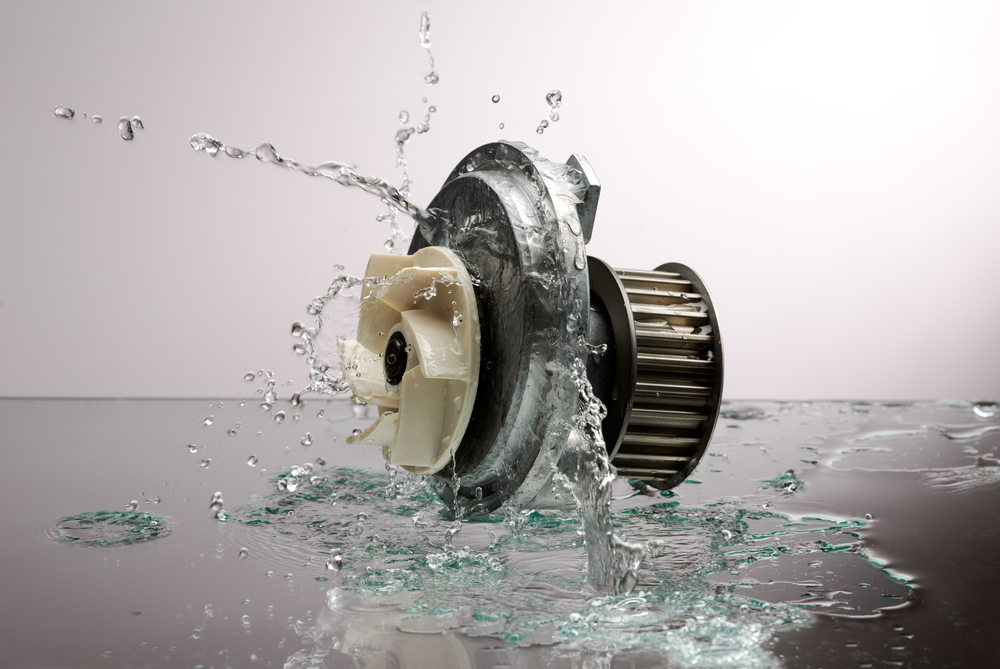

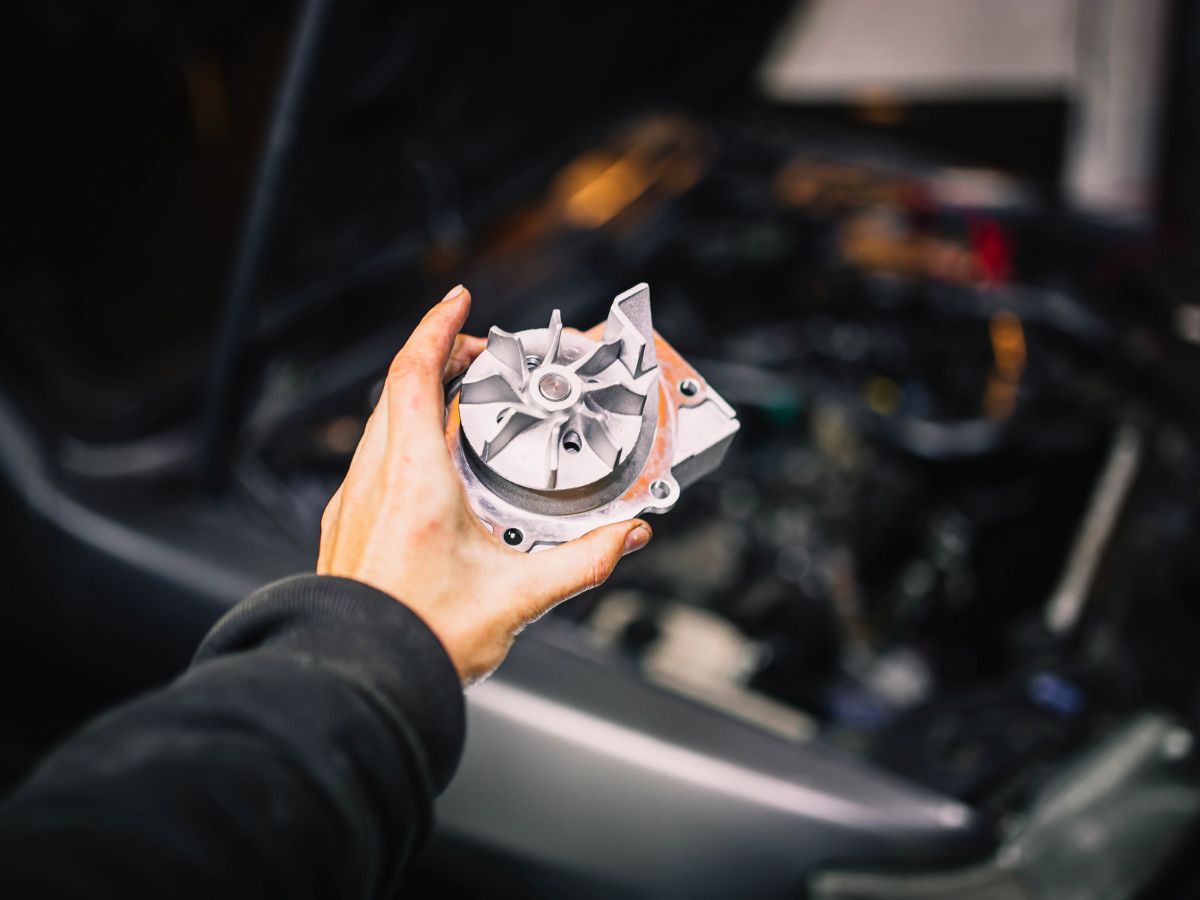

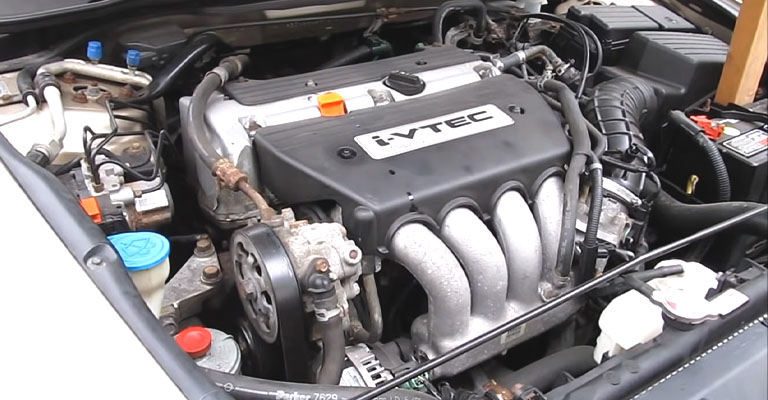
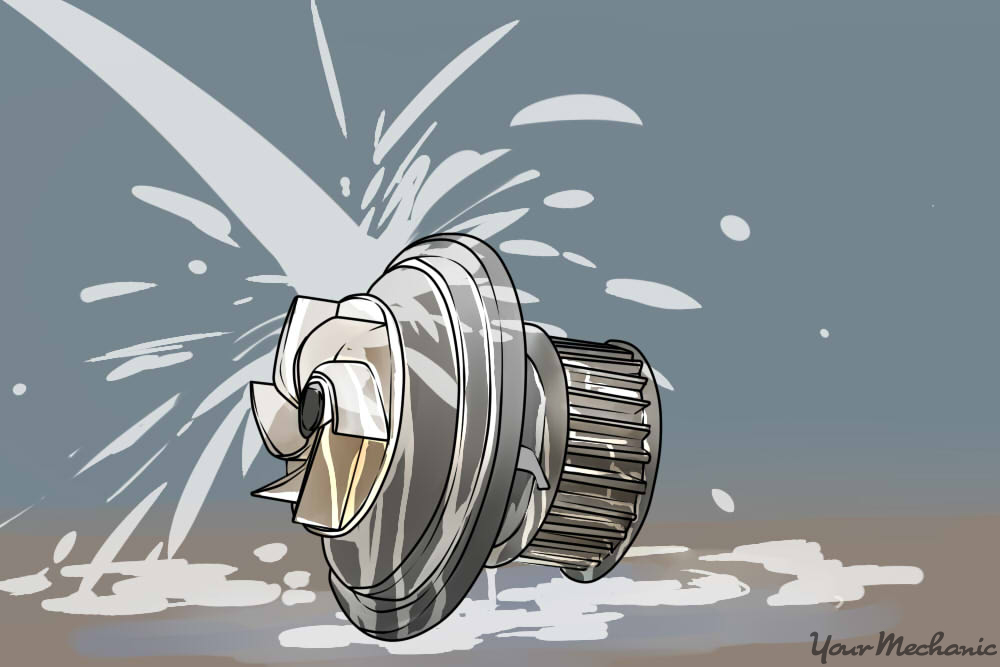


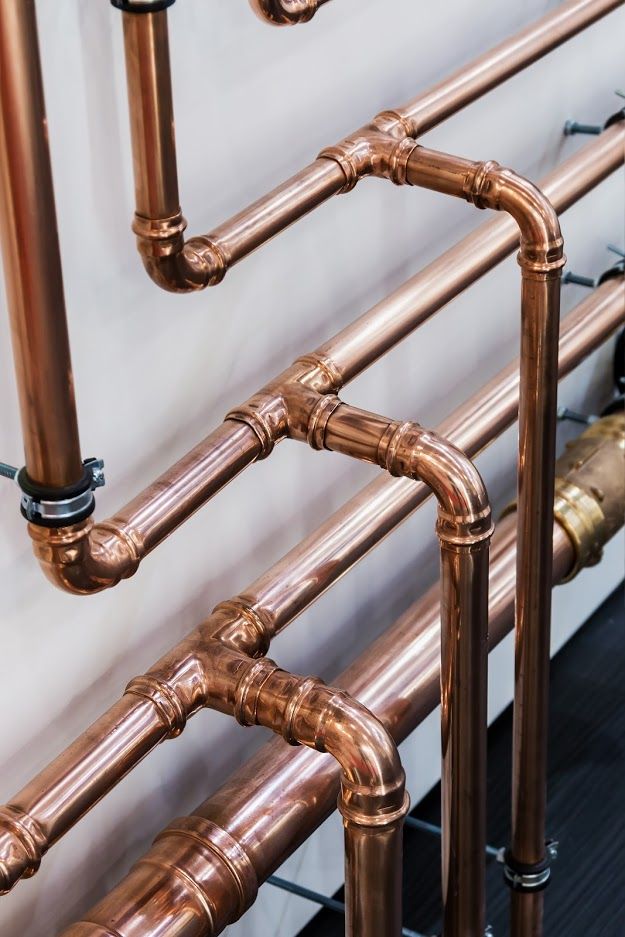

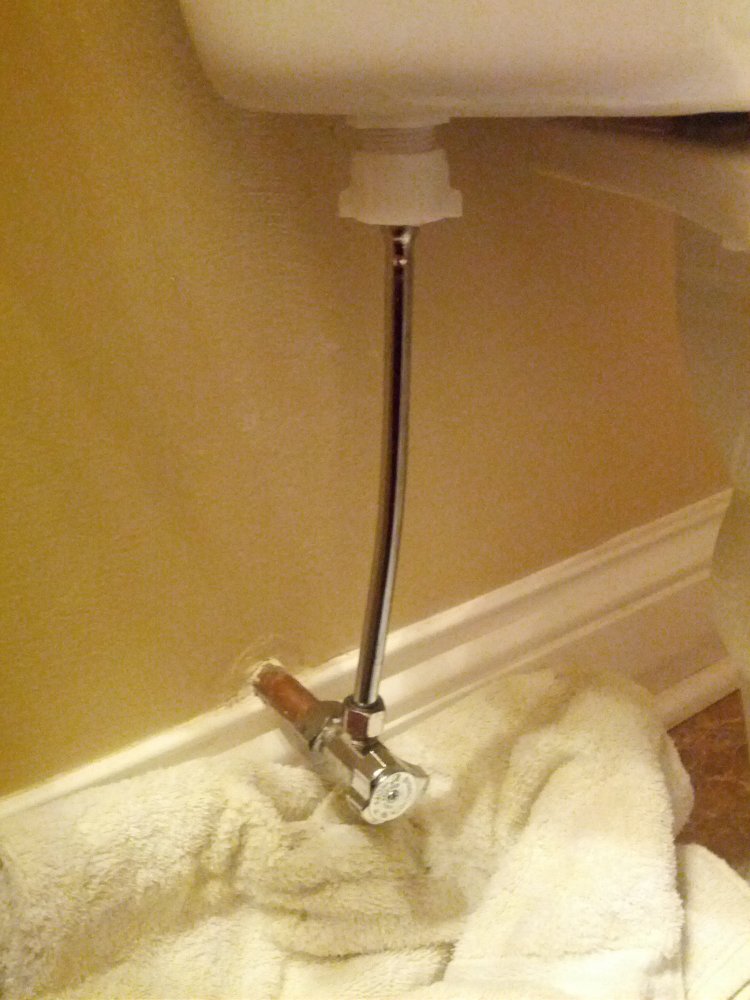


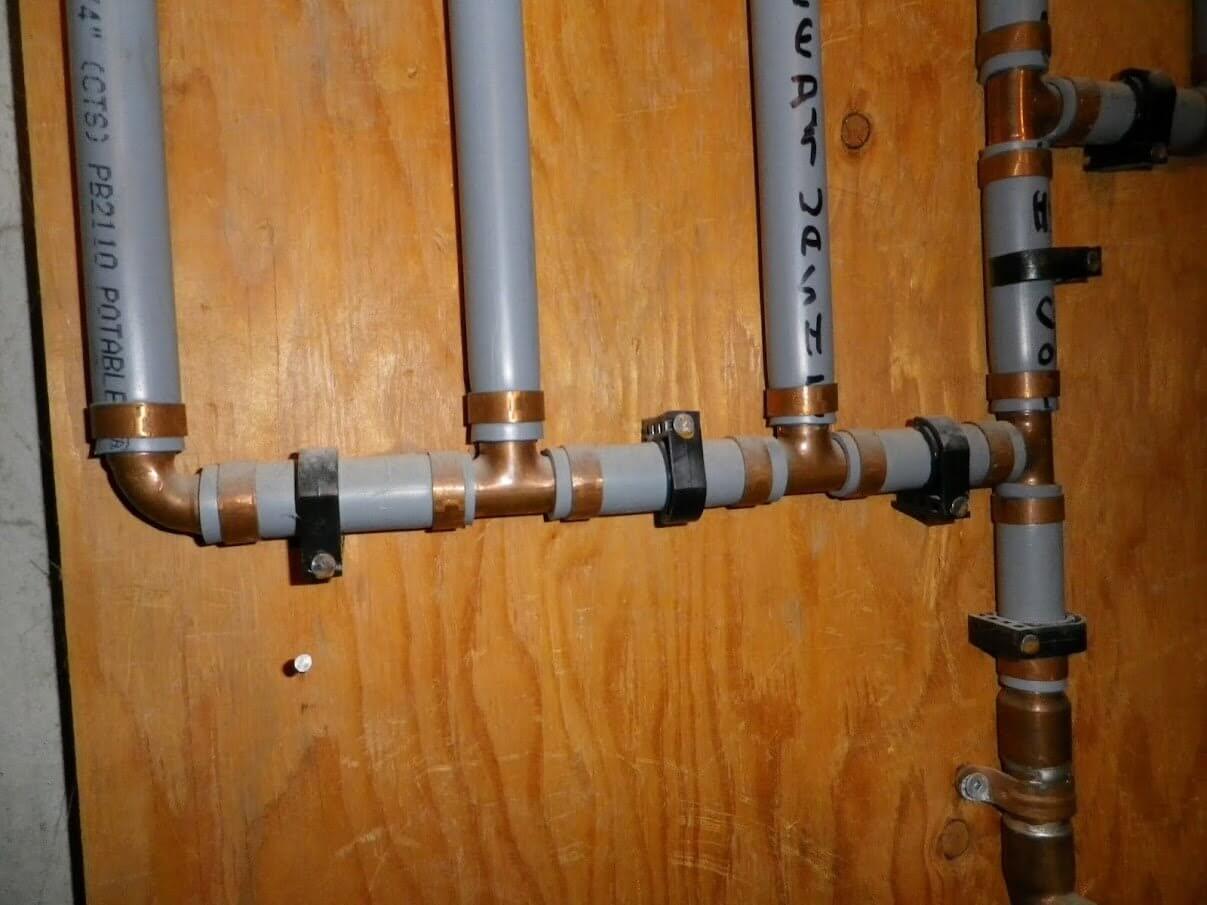

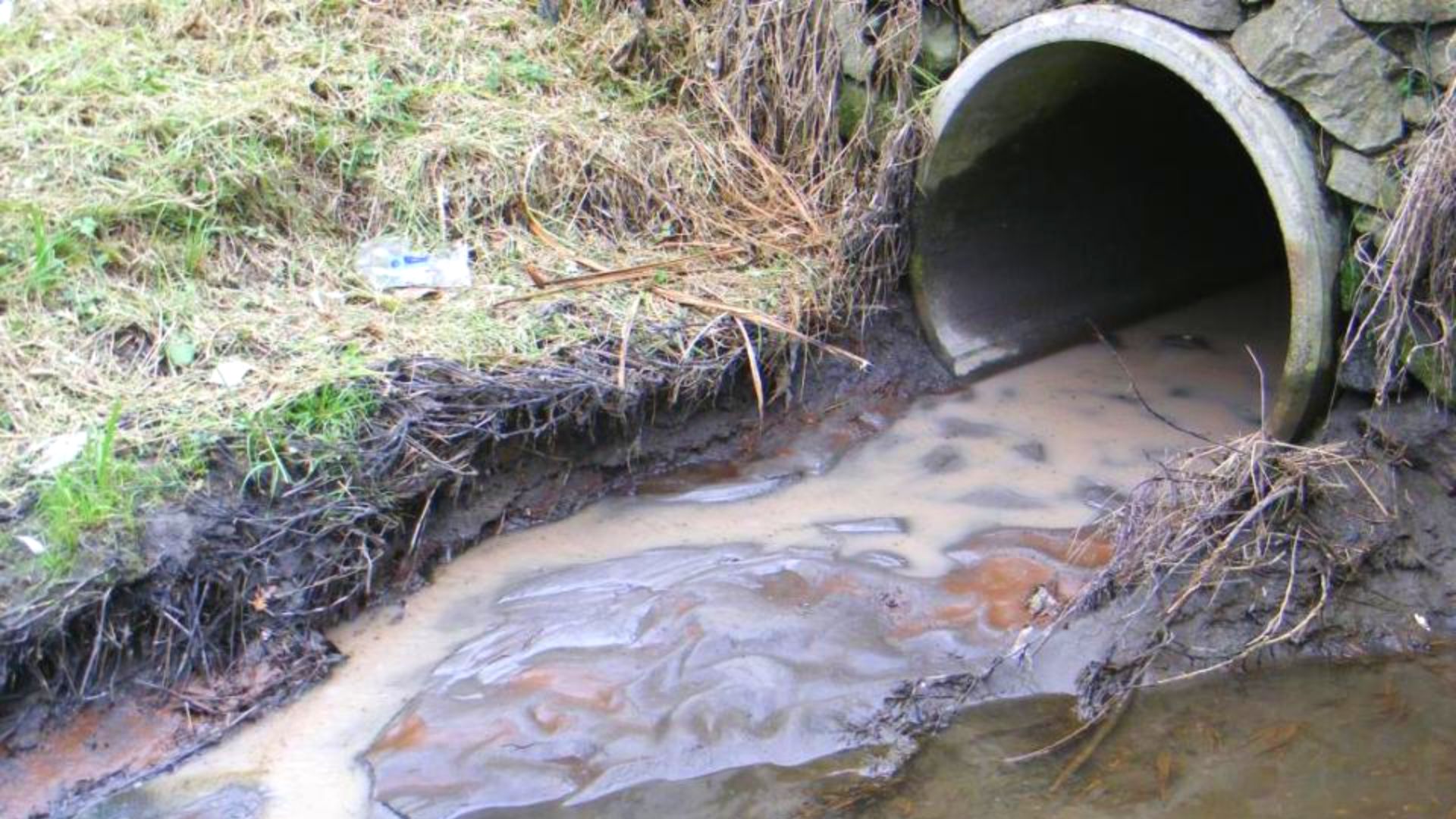

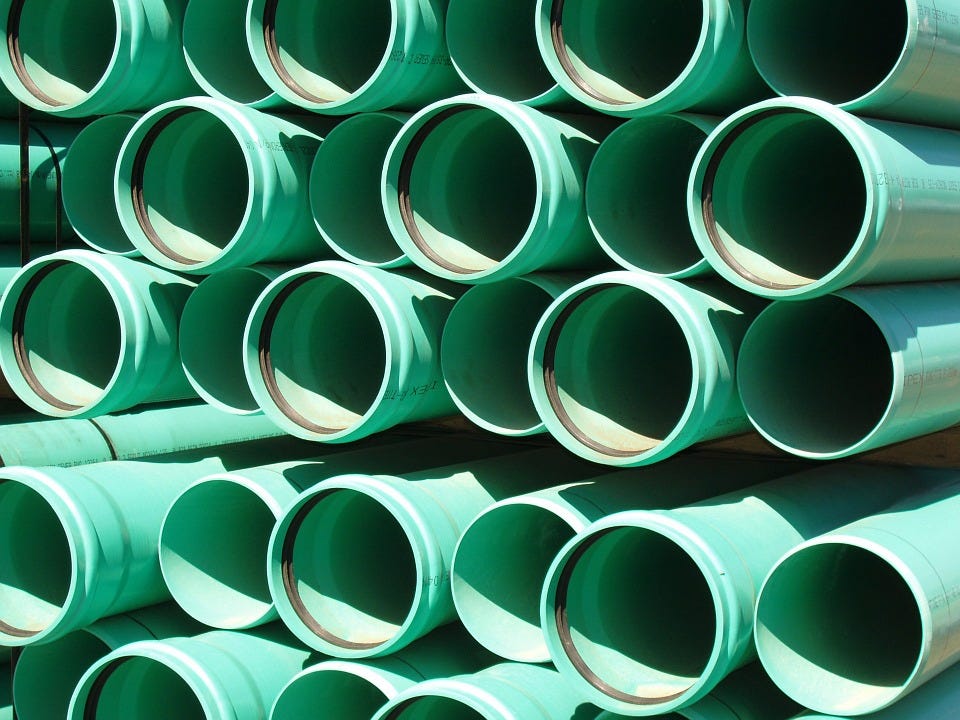





:max_bytes(150000):strip_icc()/bluebedrooms4-596ba2223df78c57f4a91f46.jpg)



